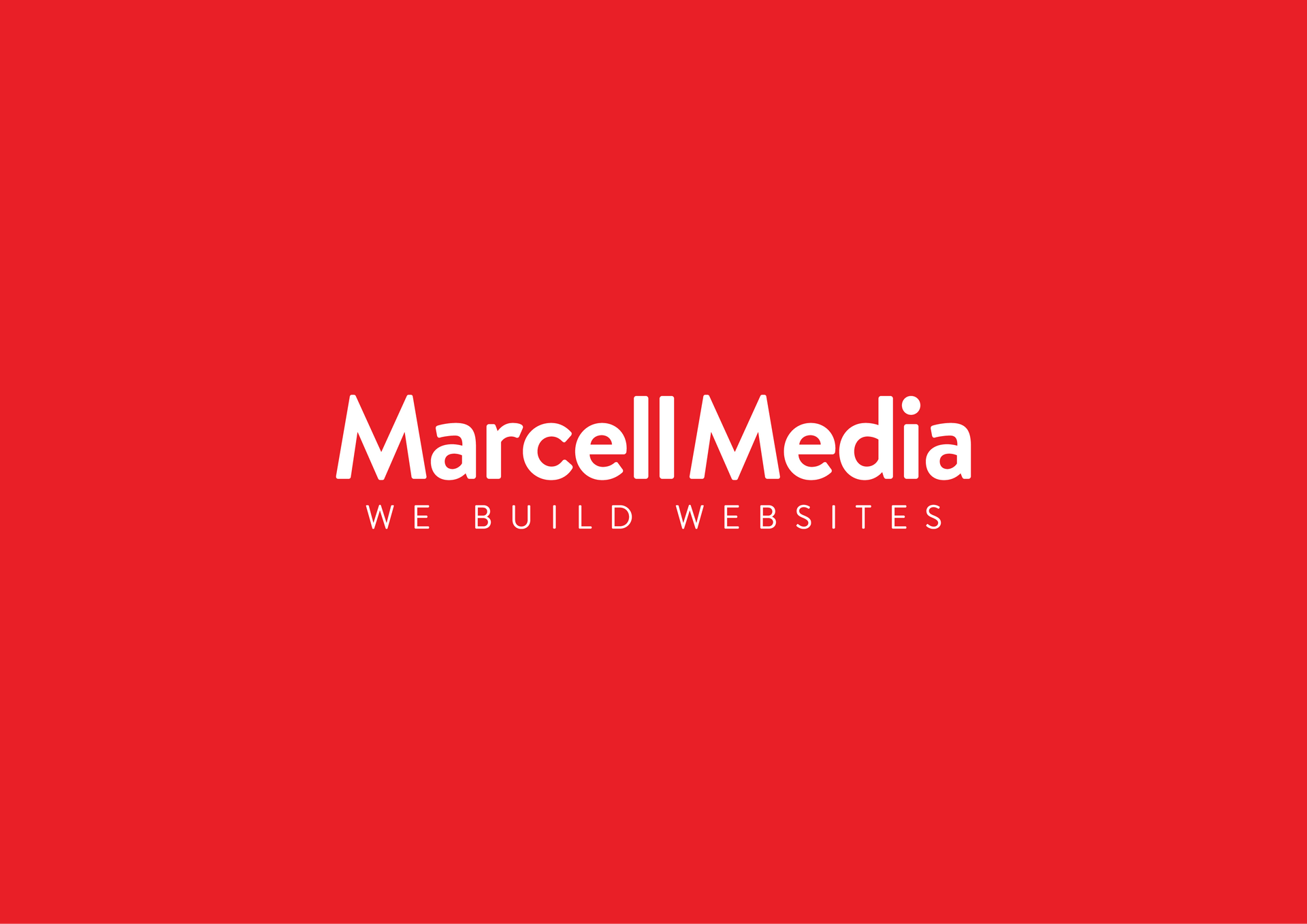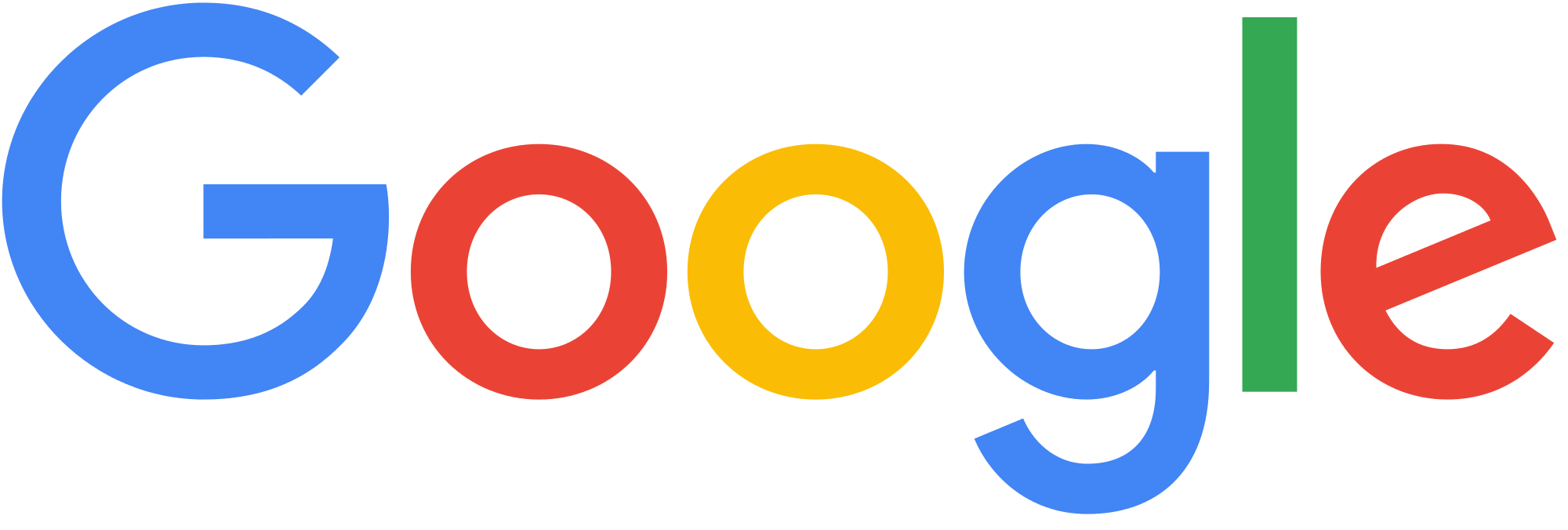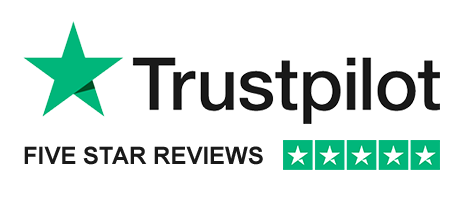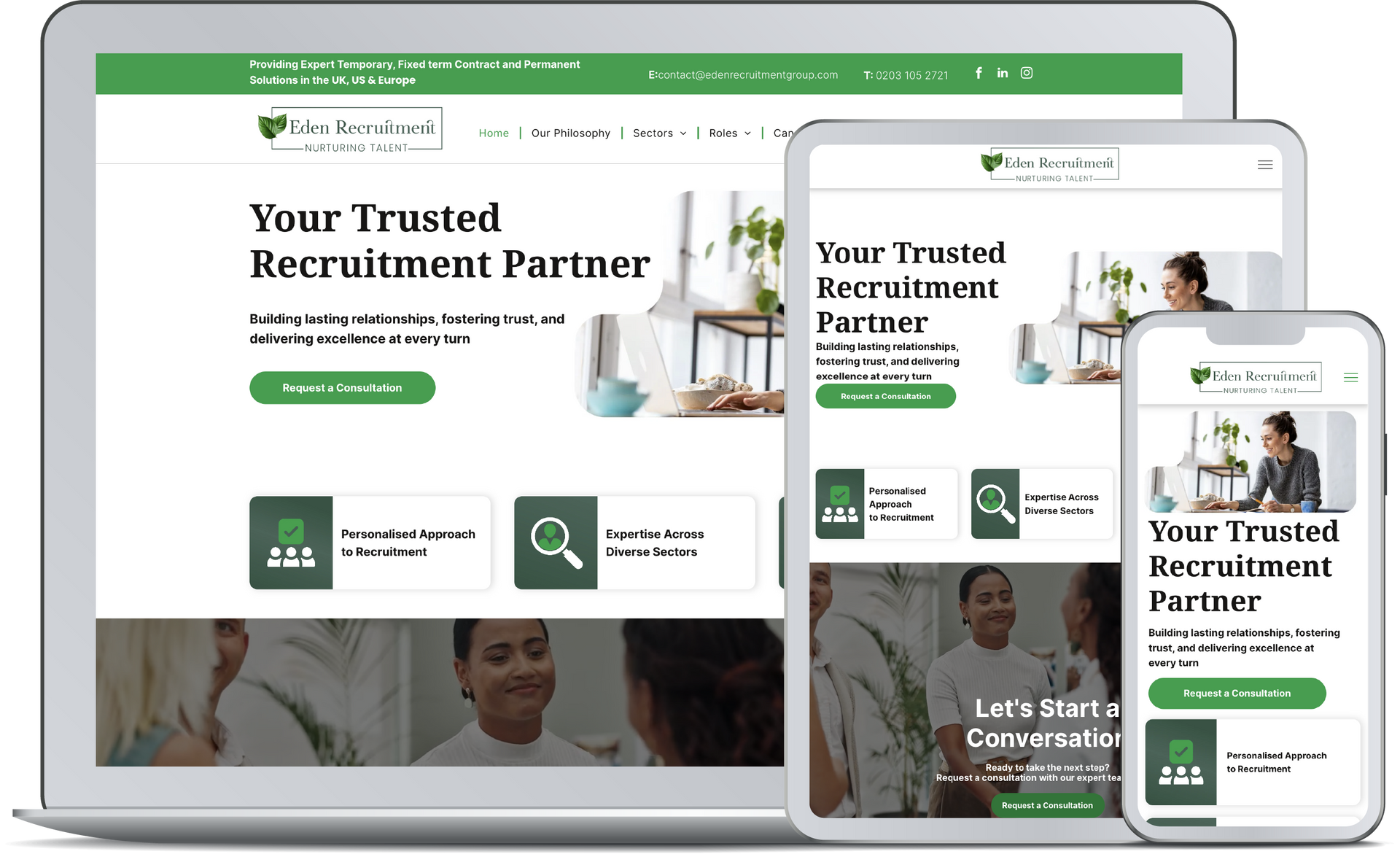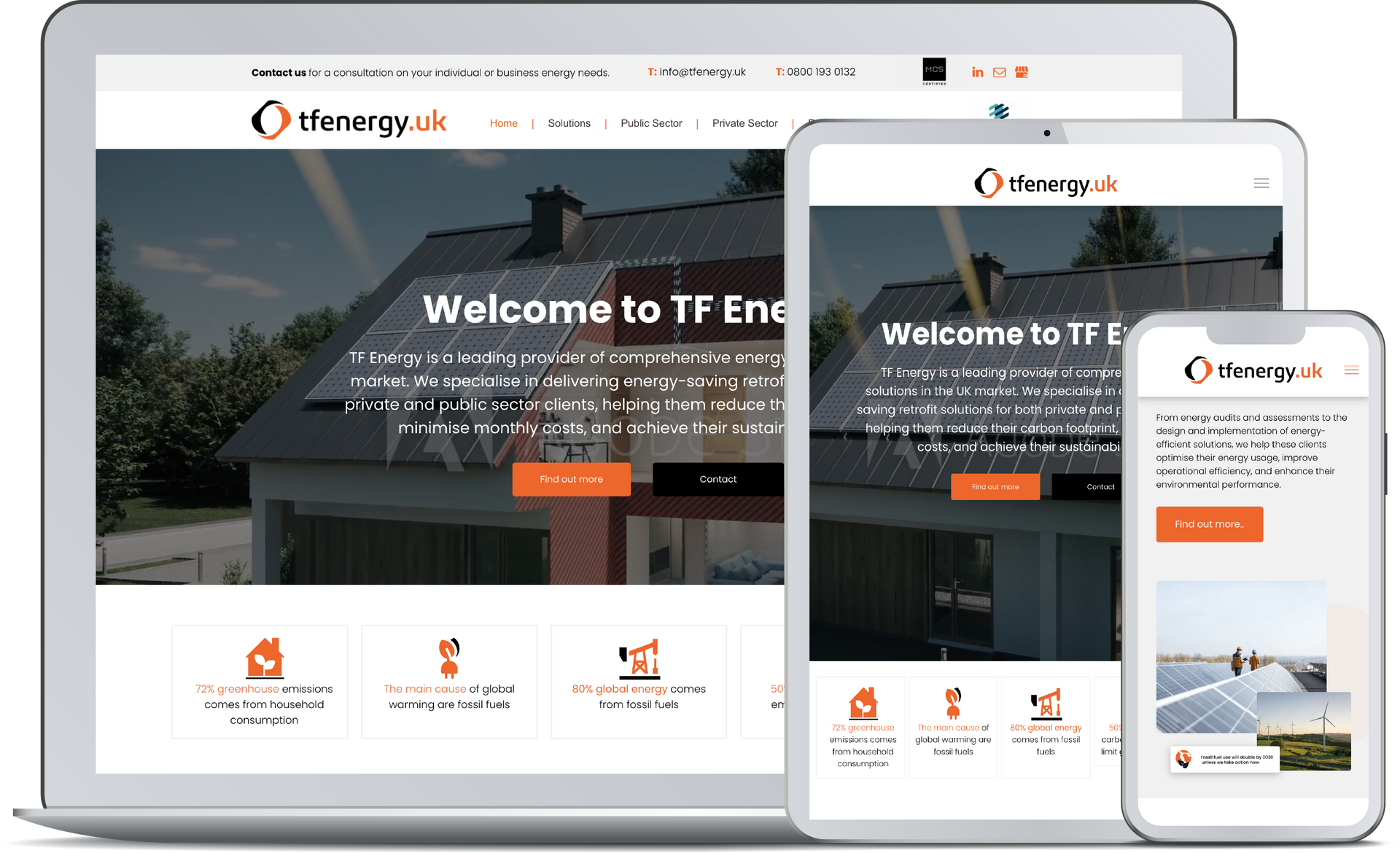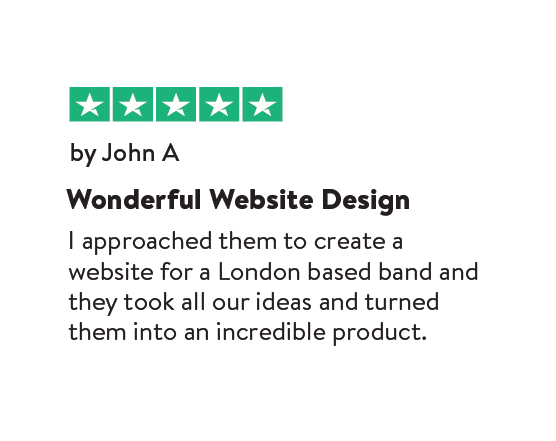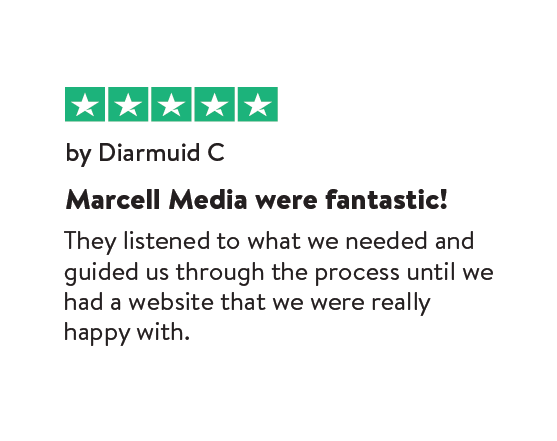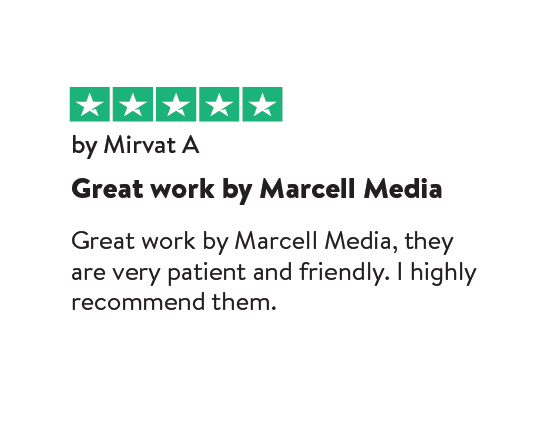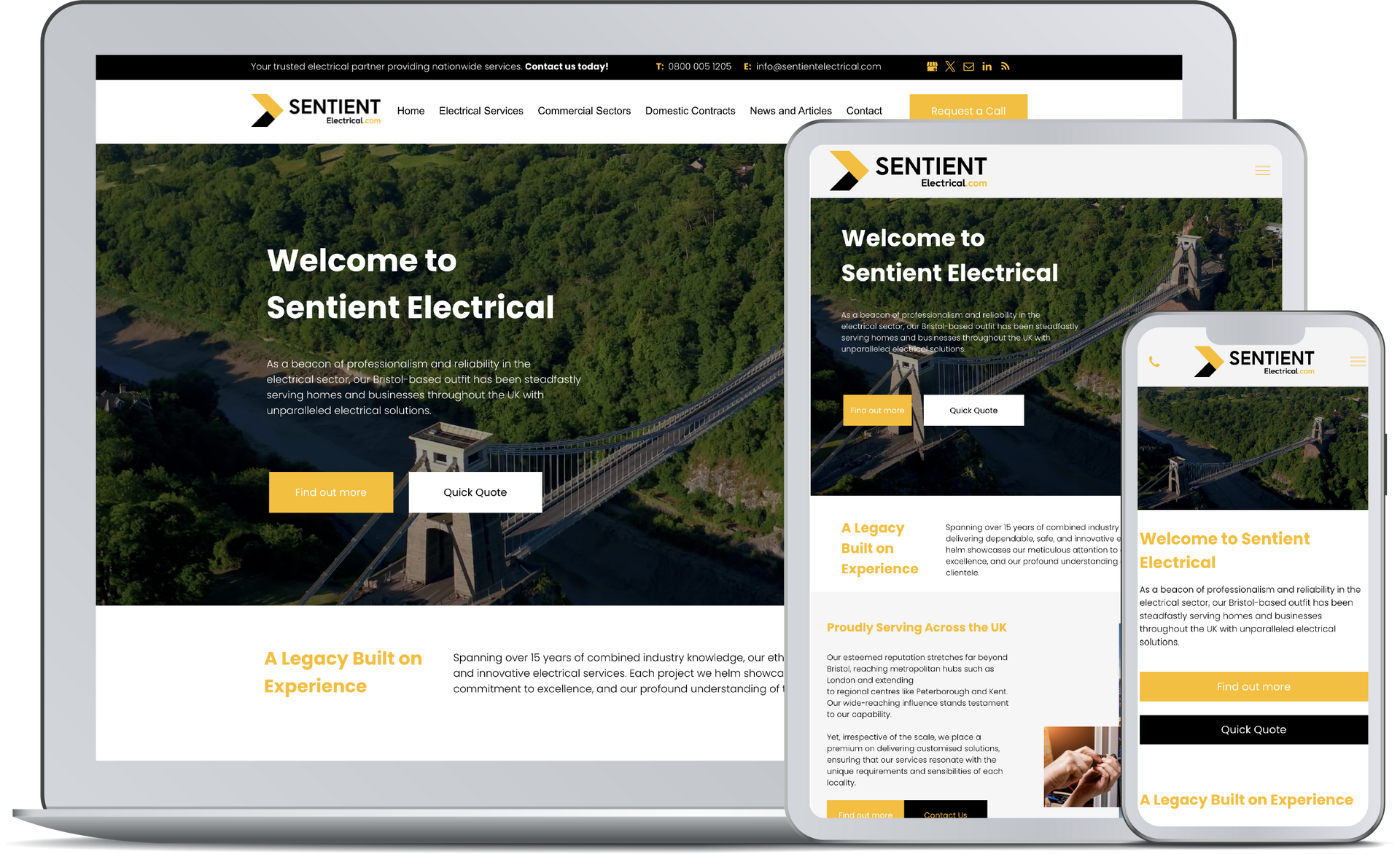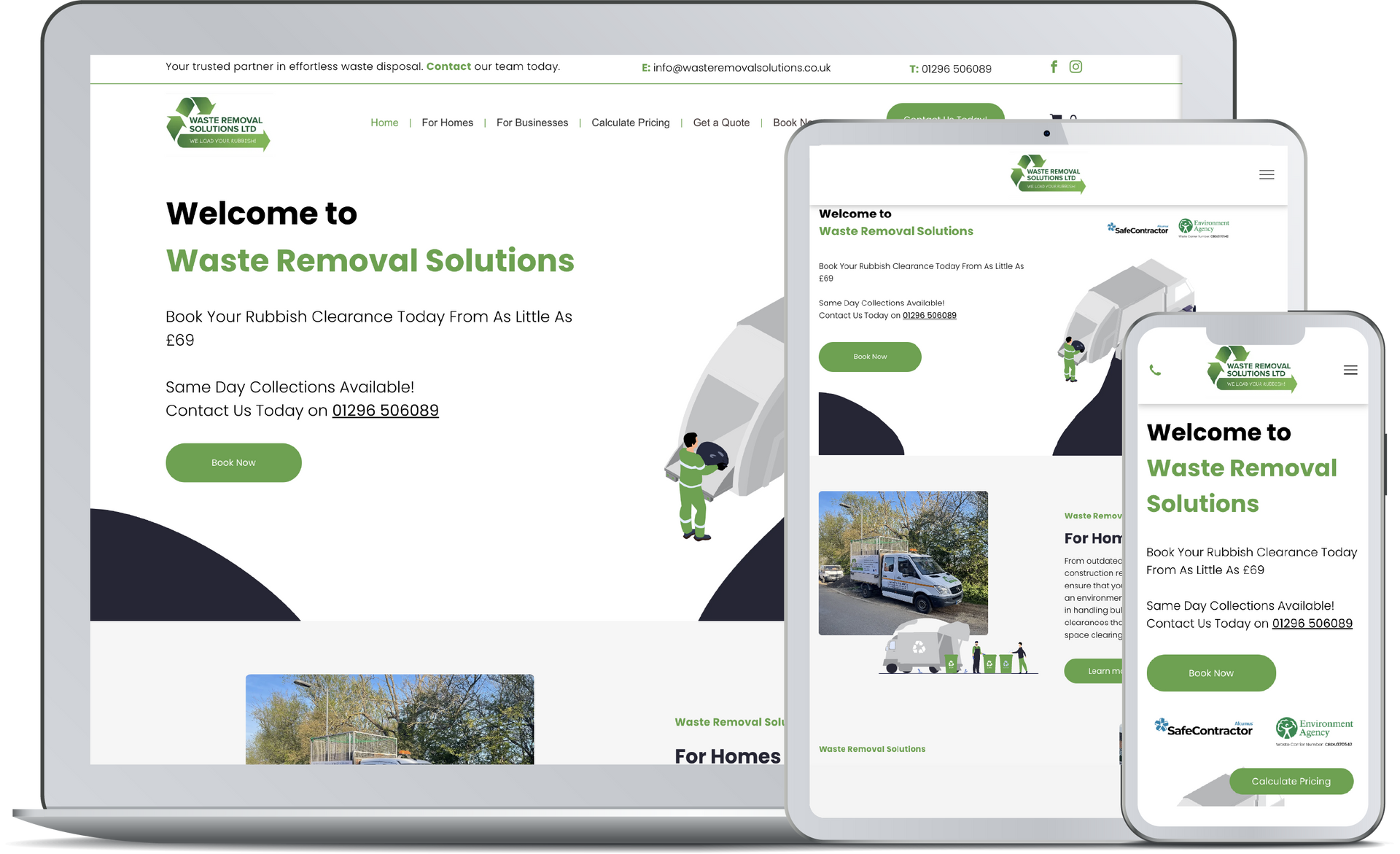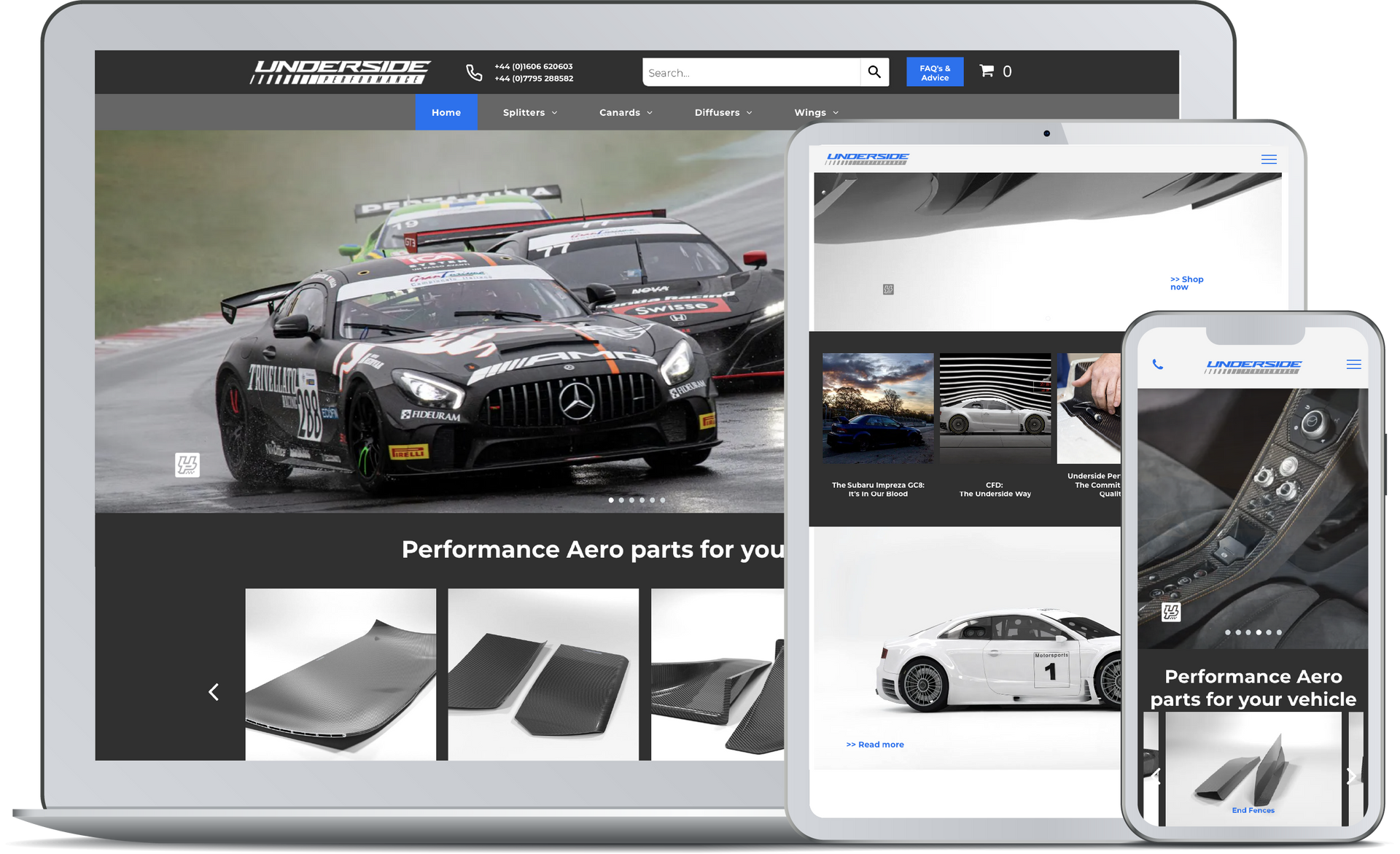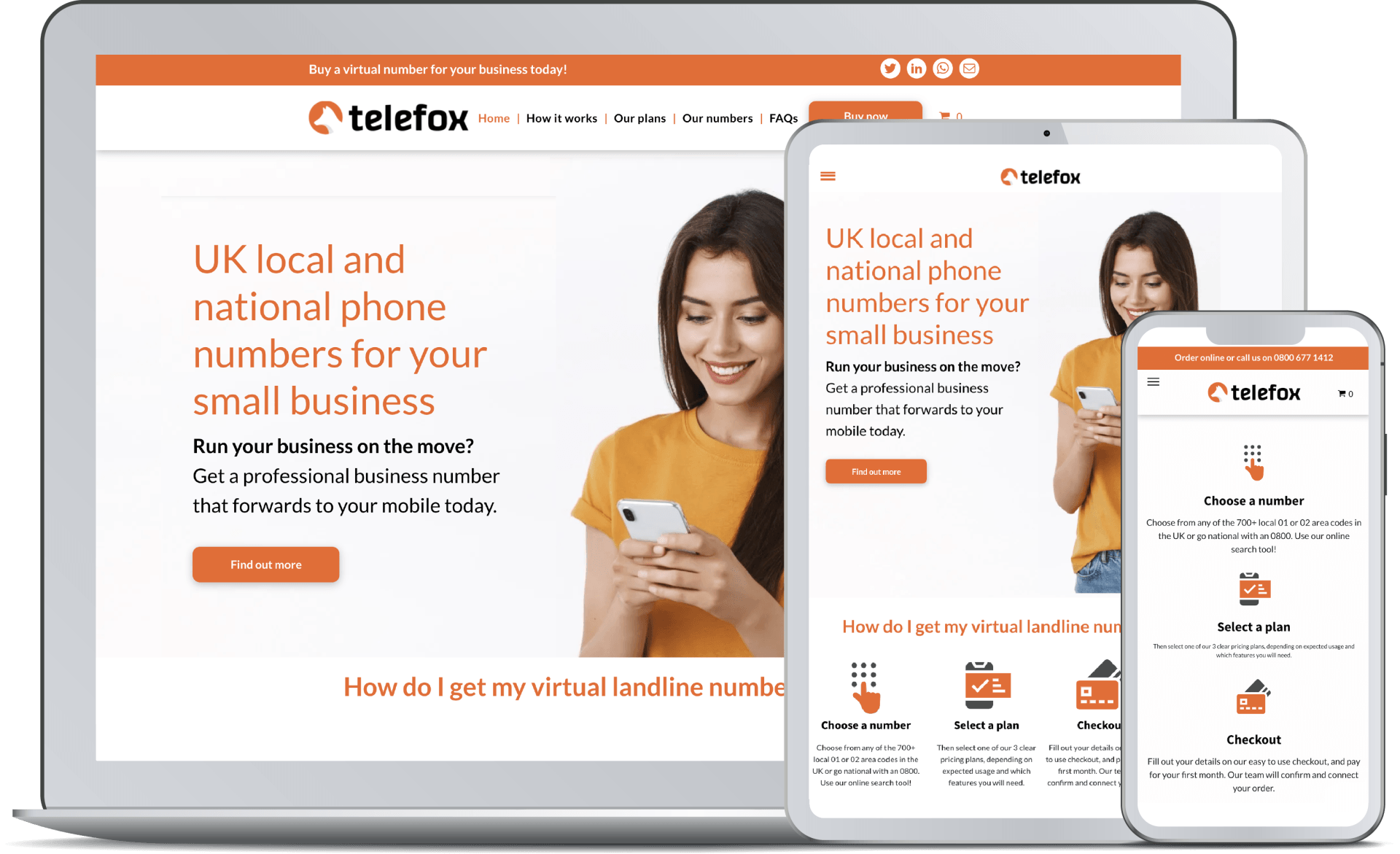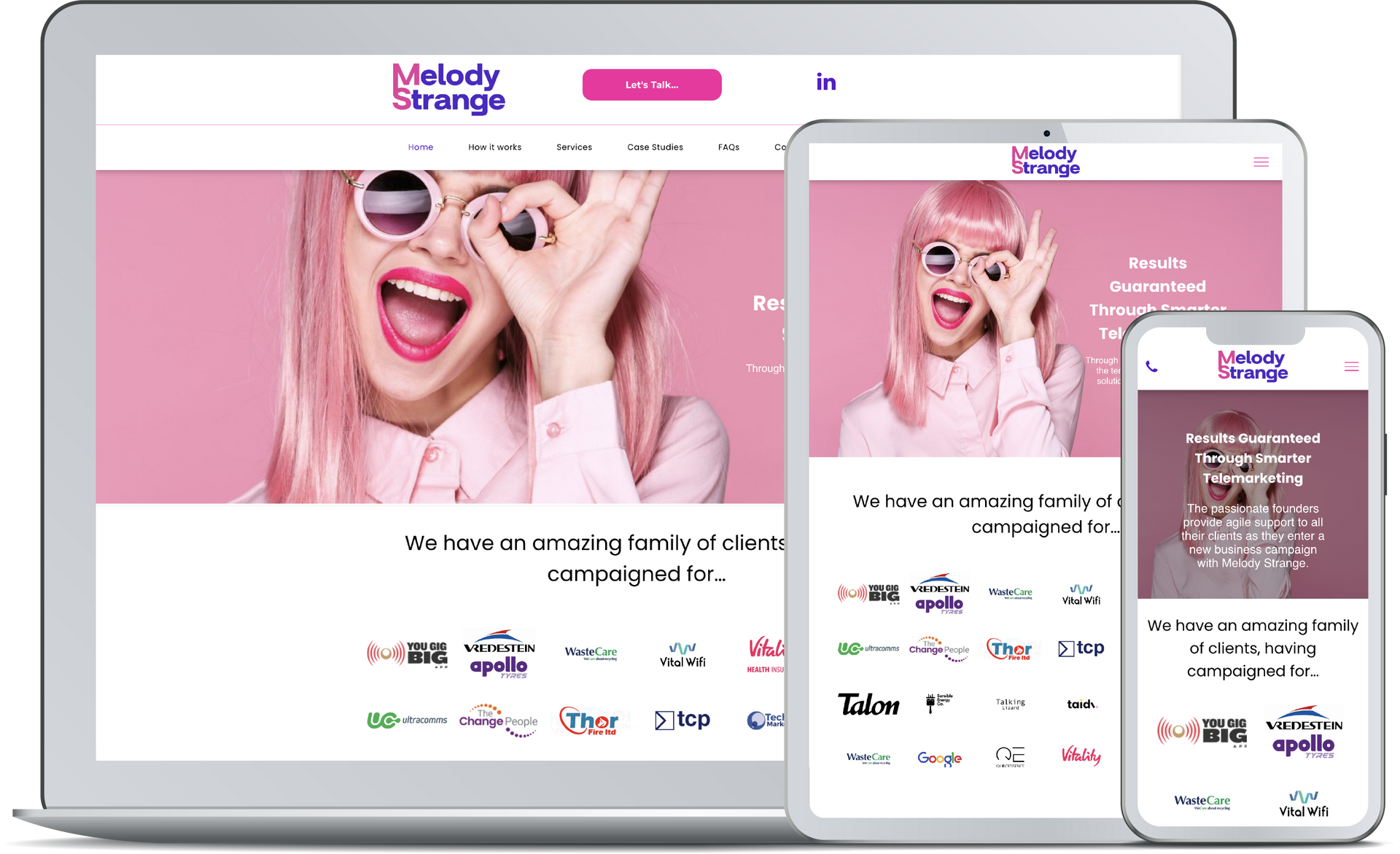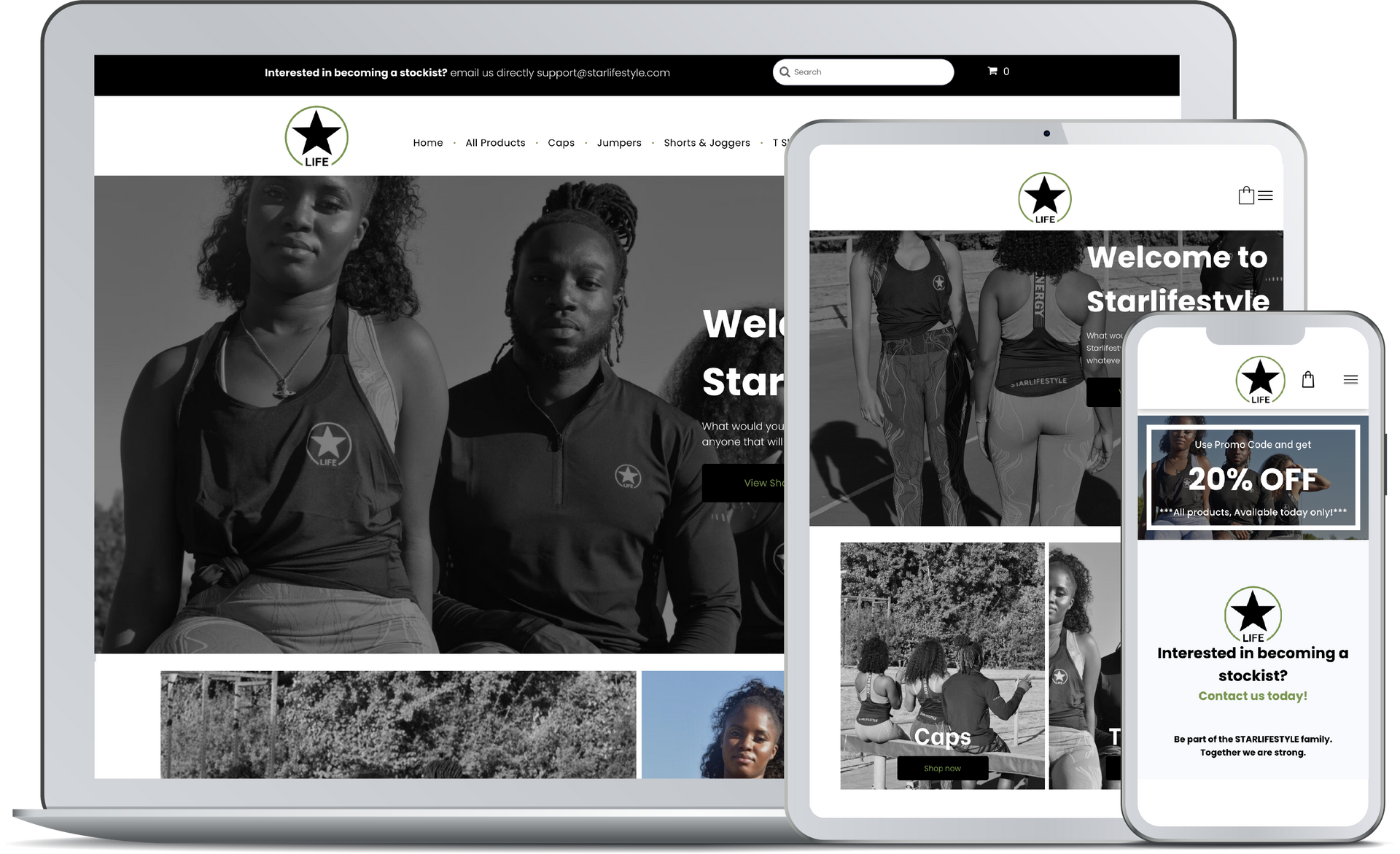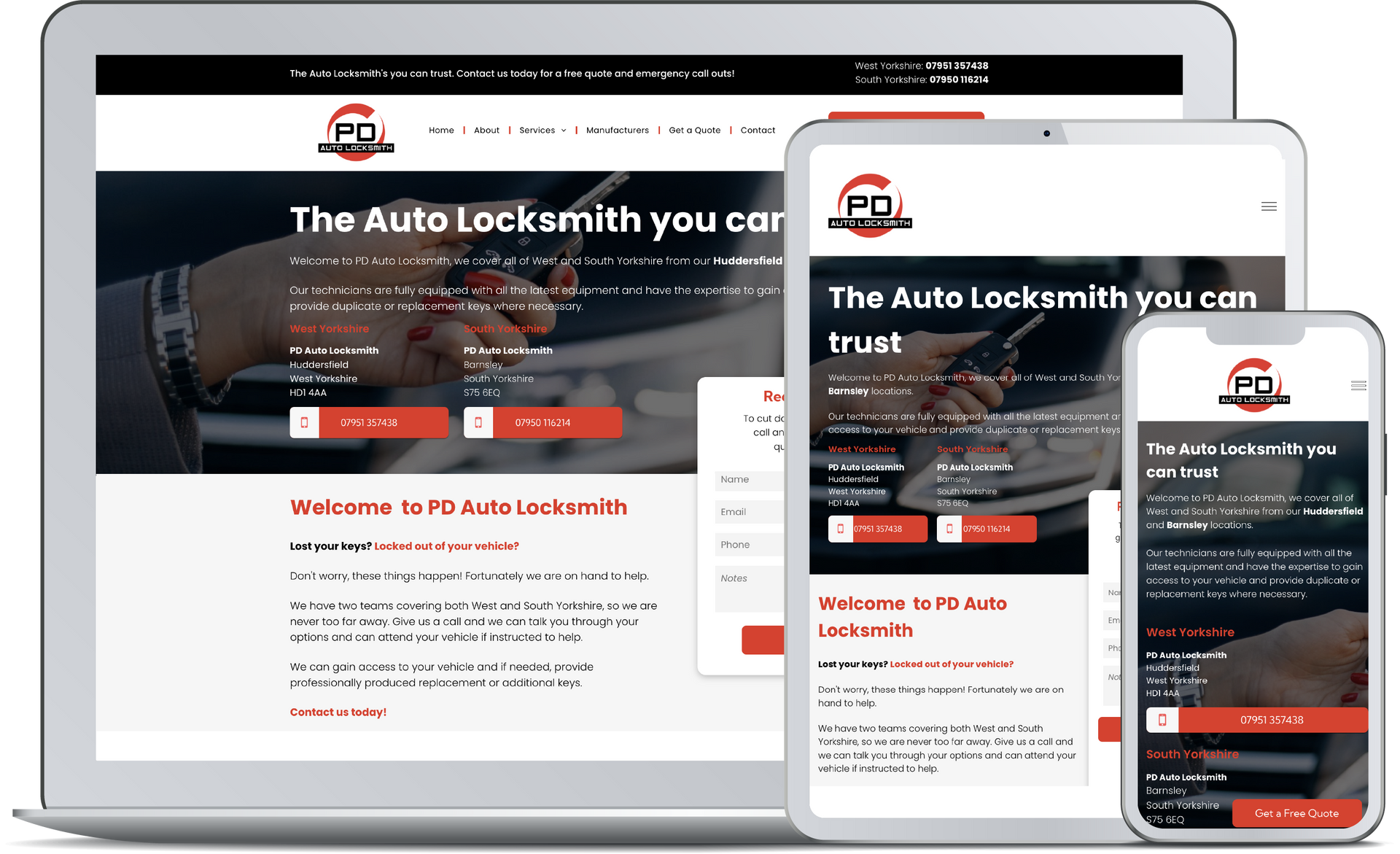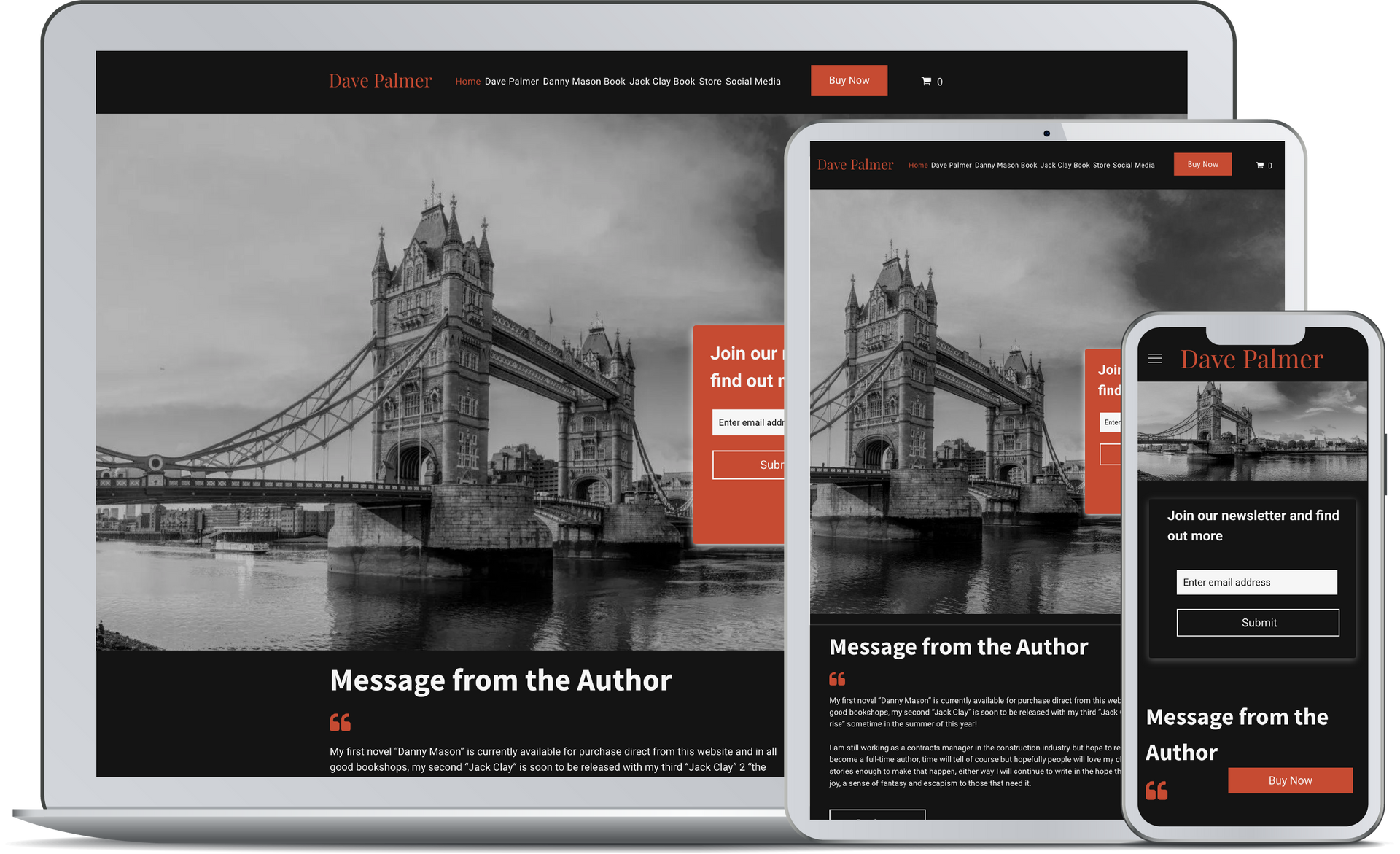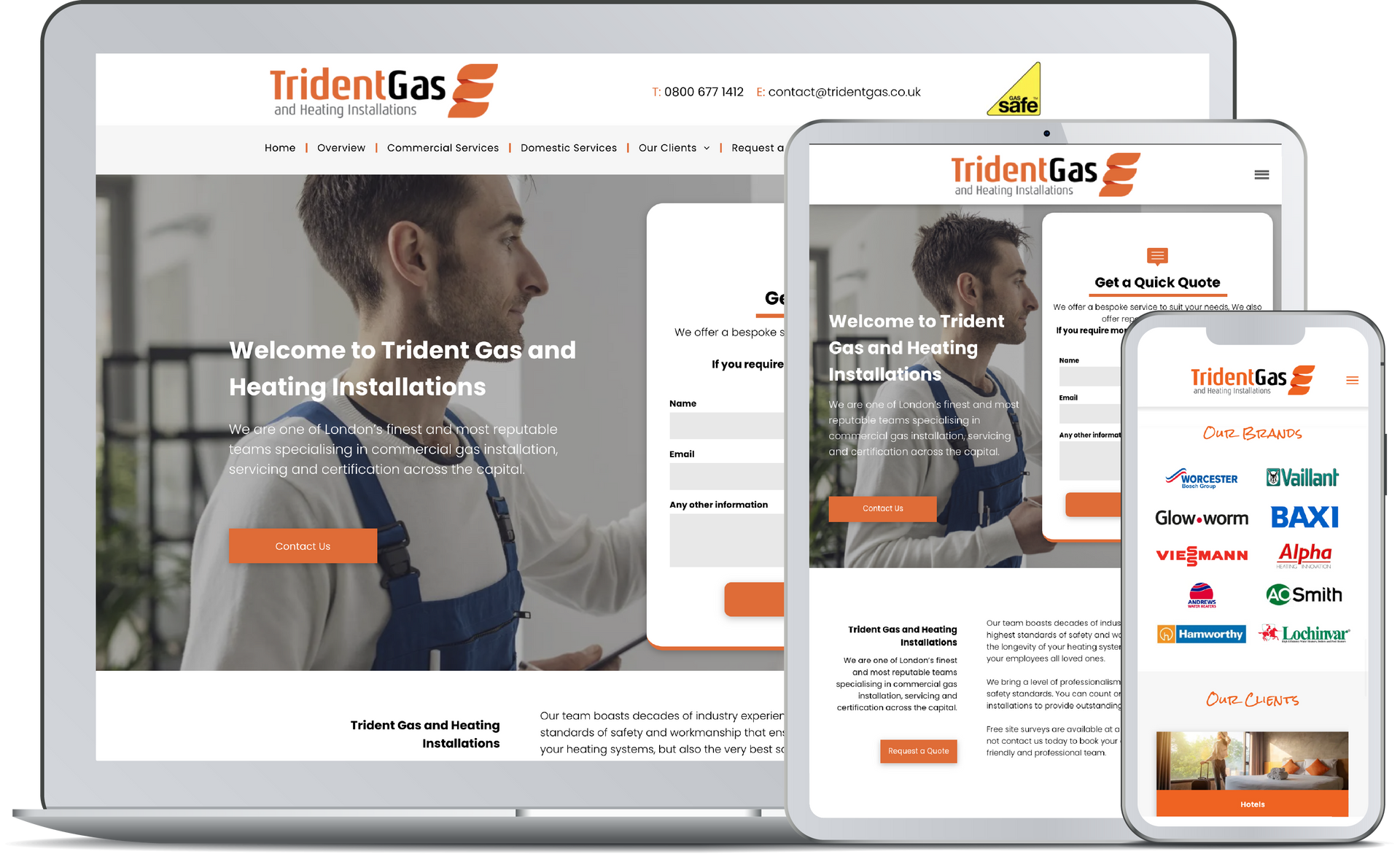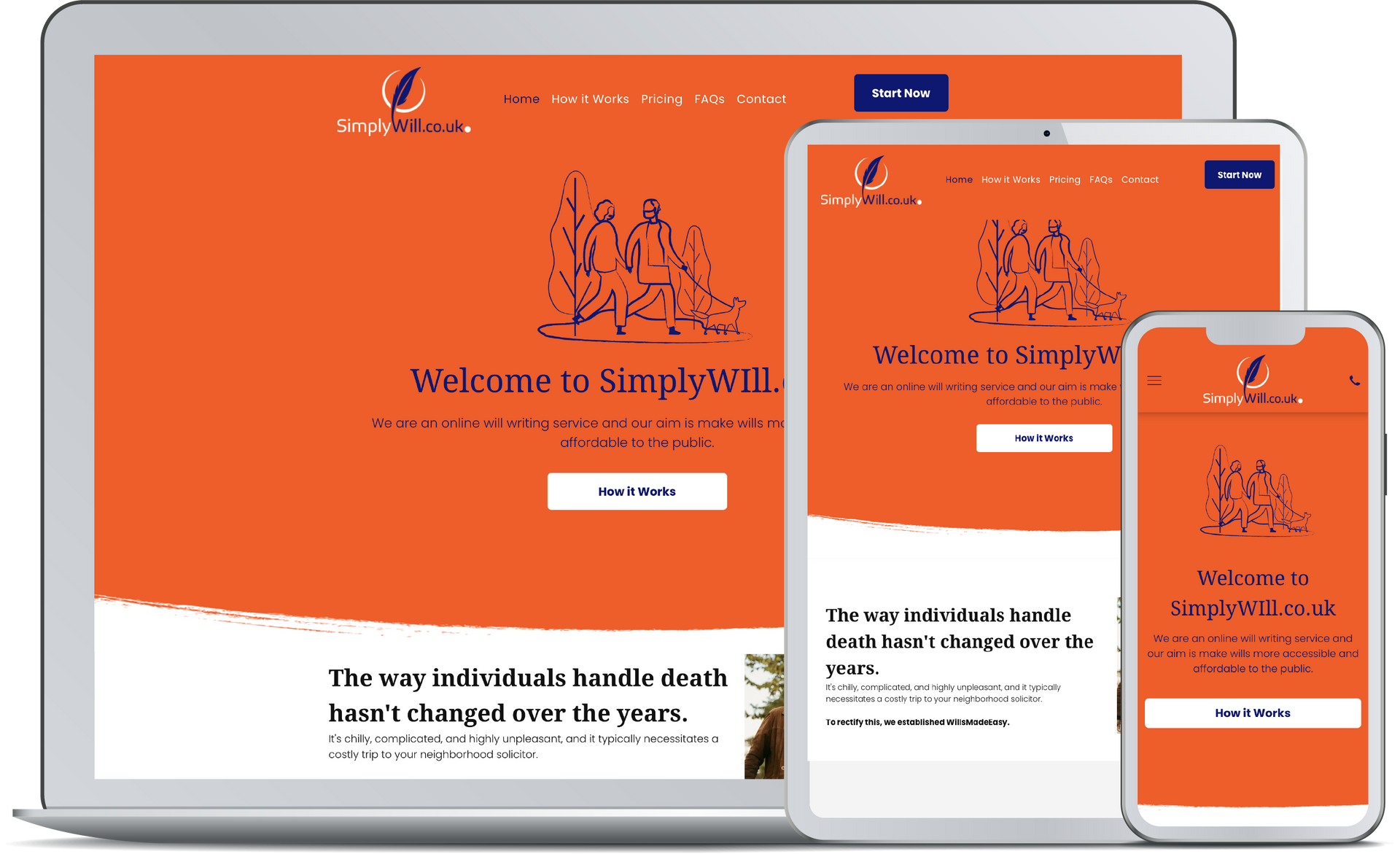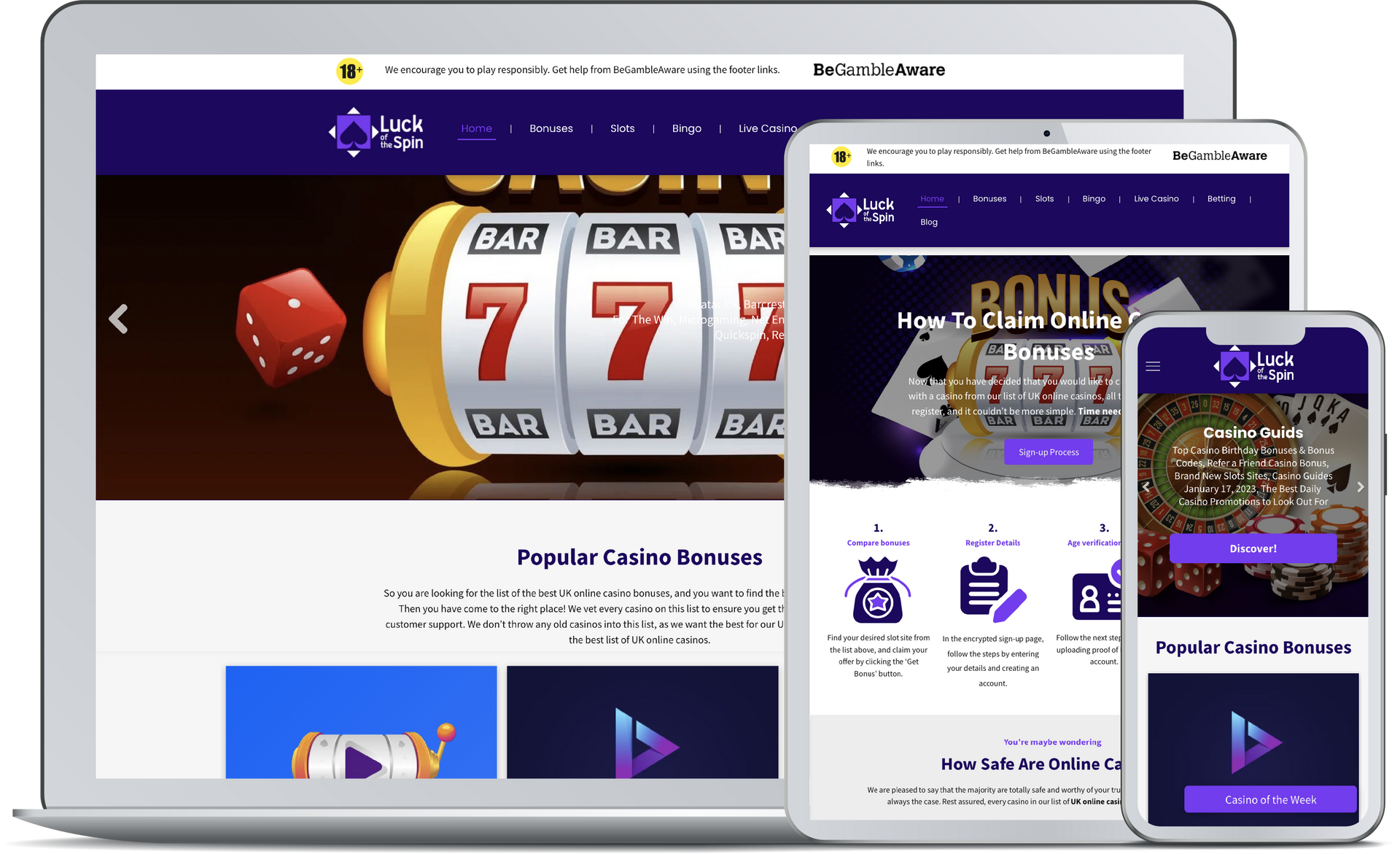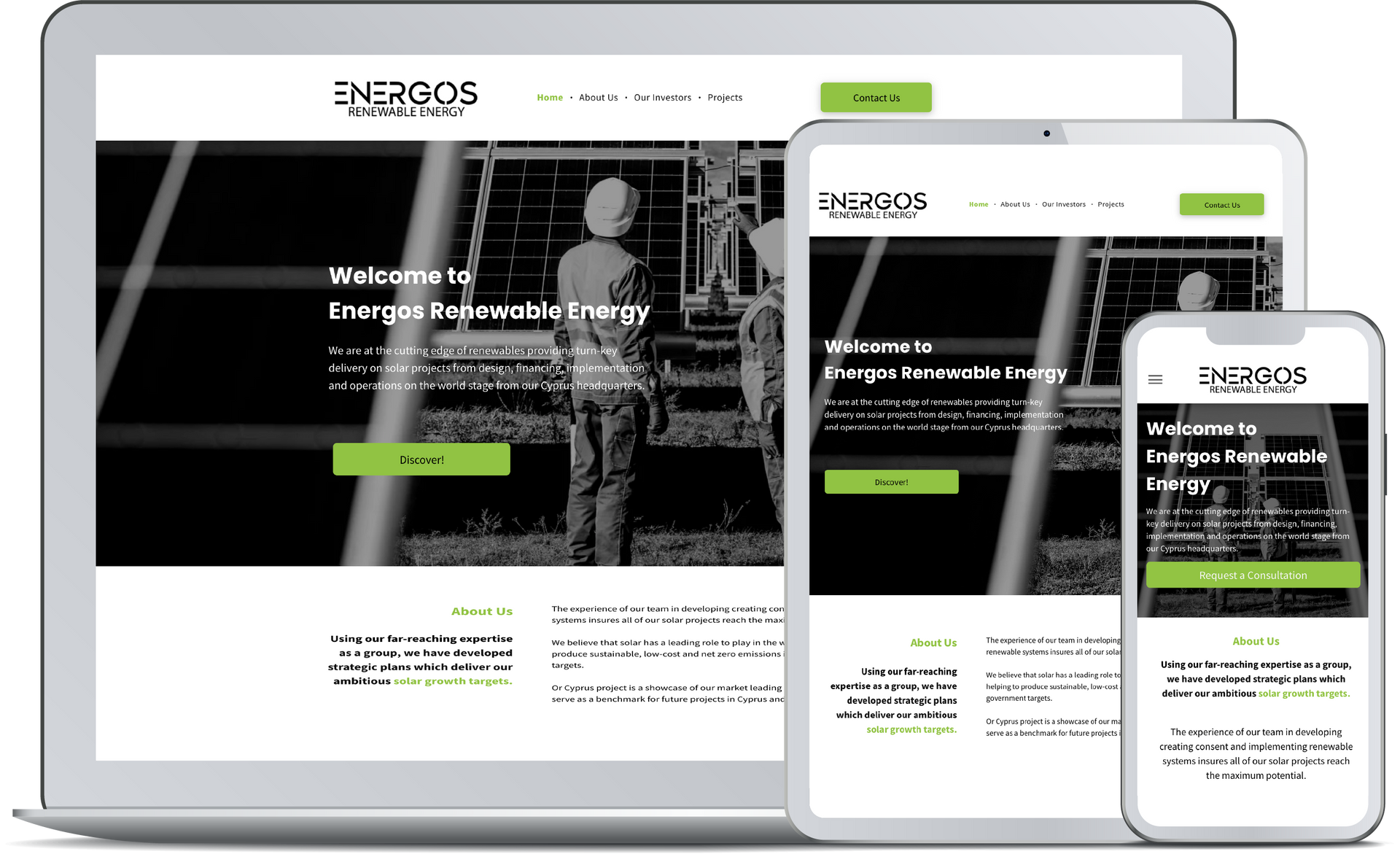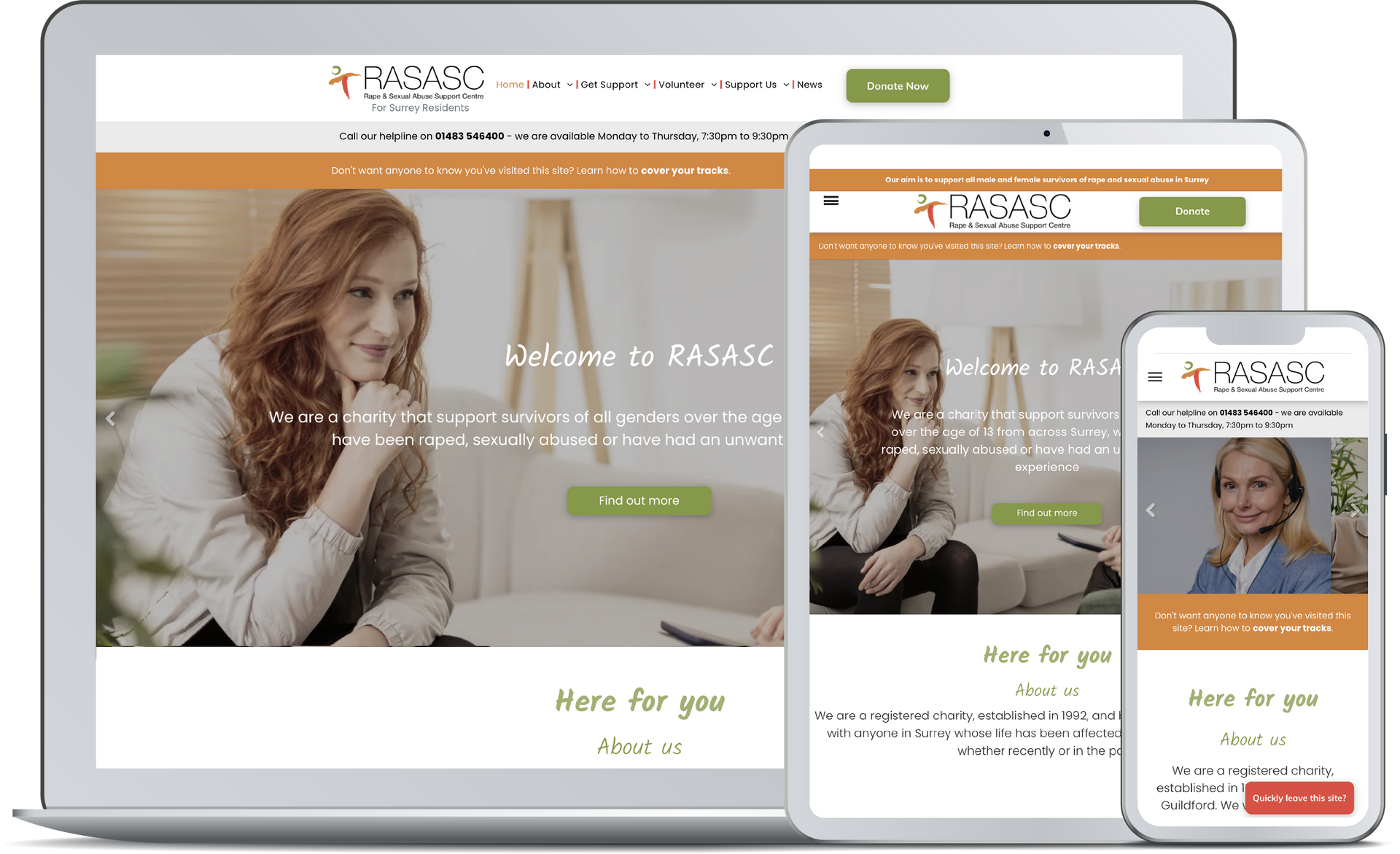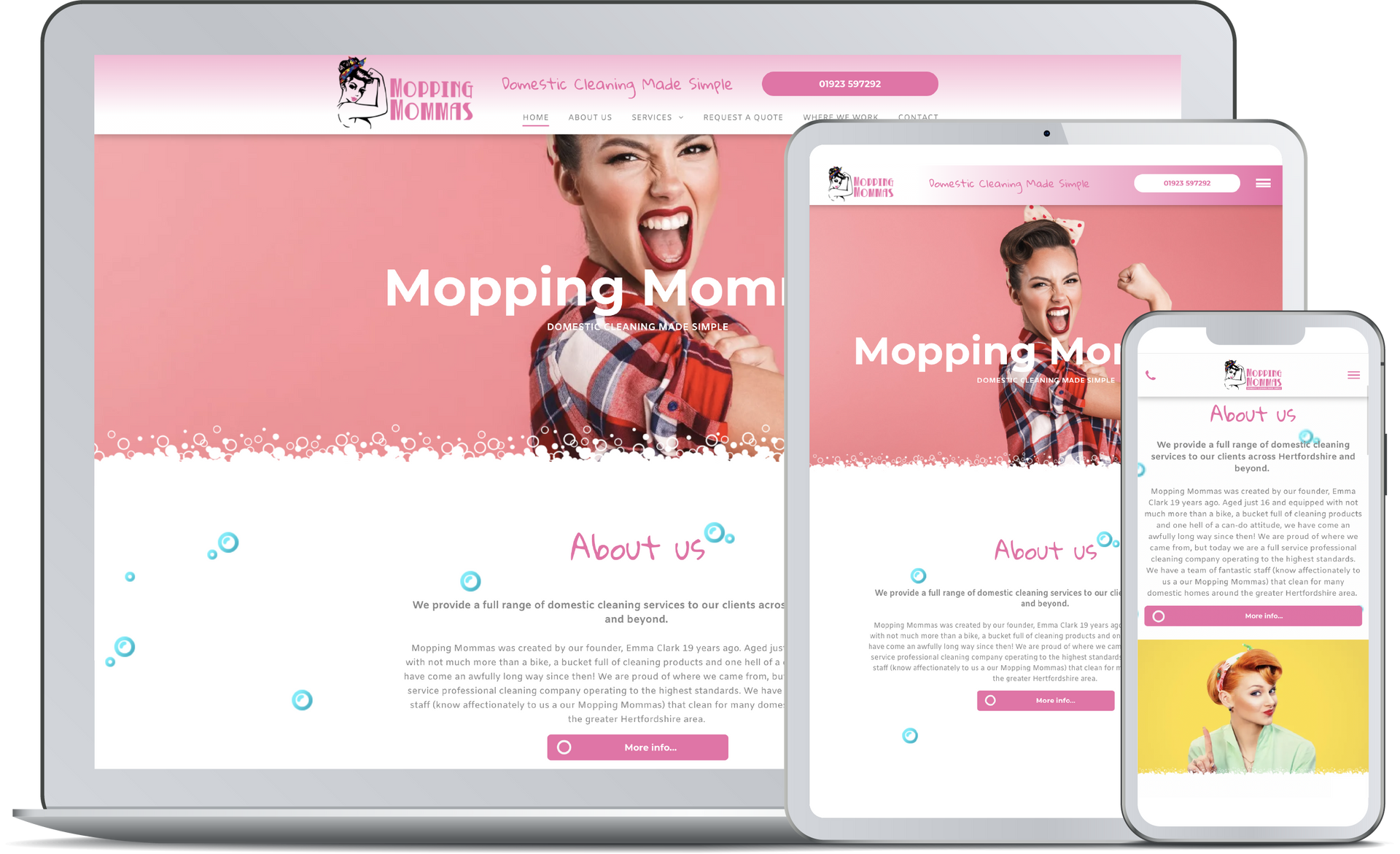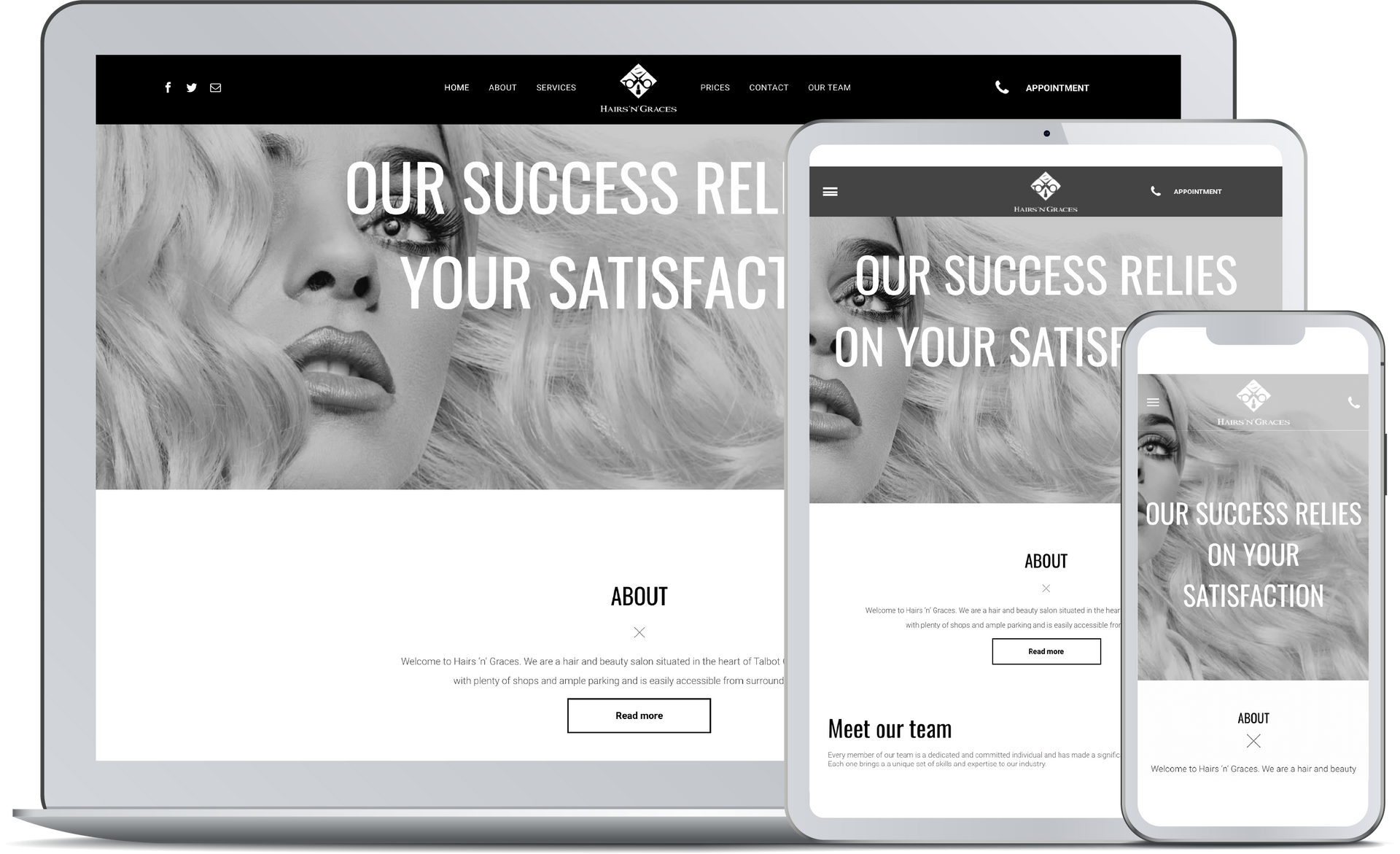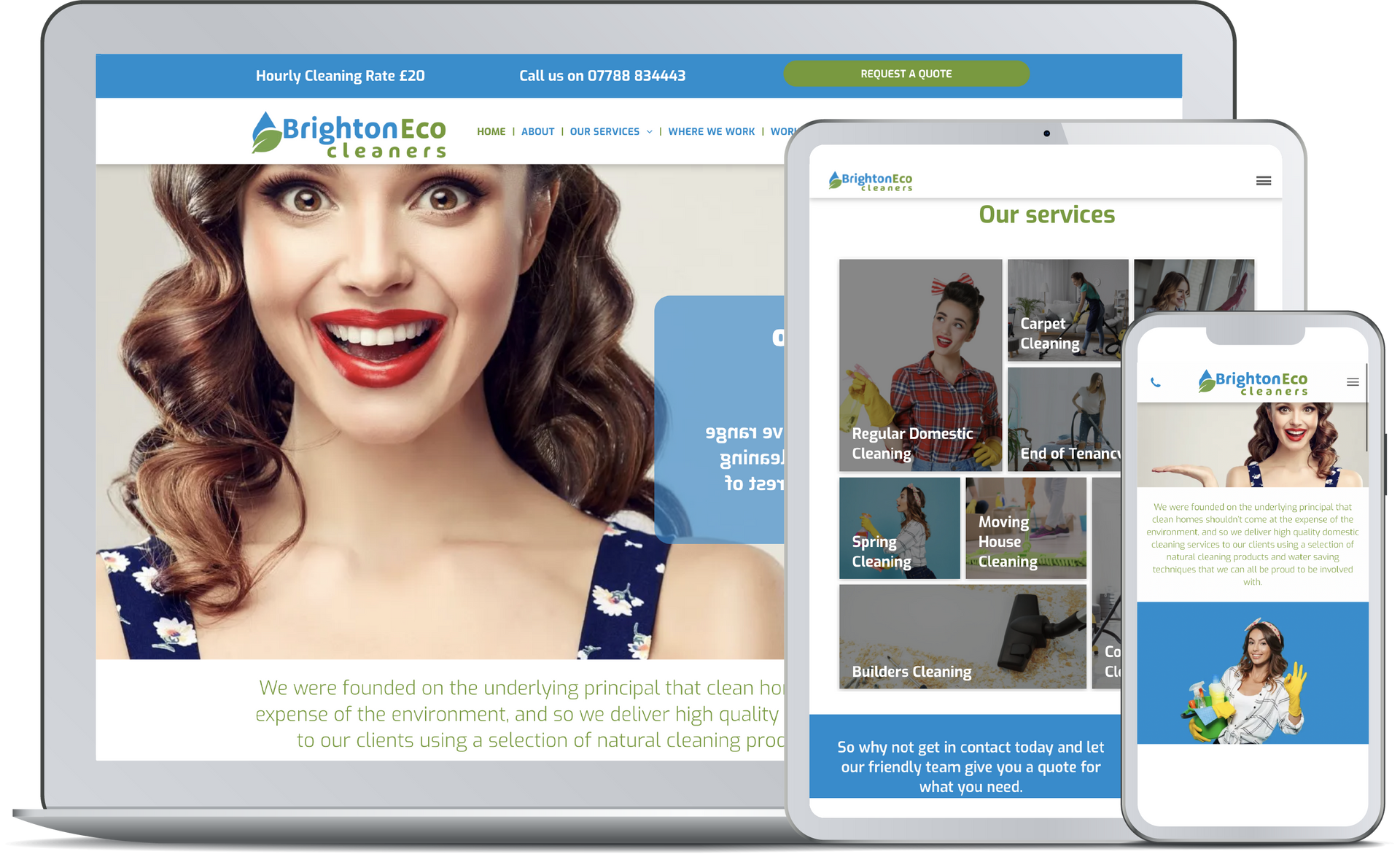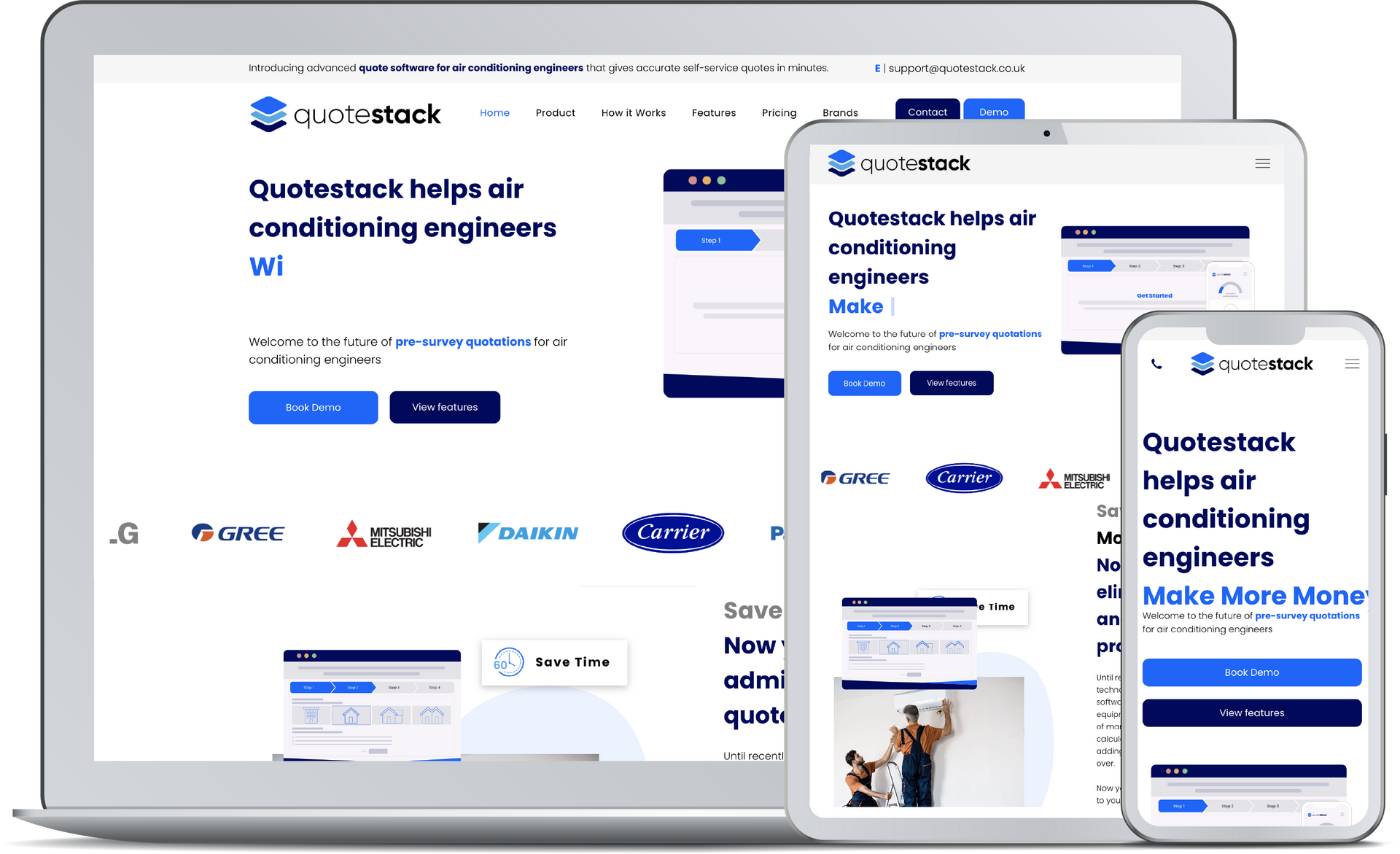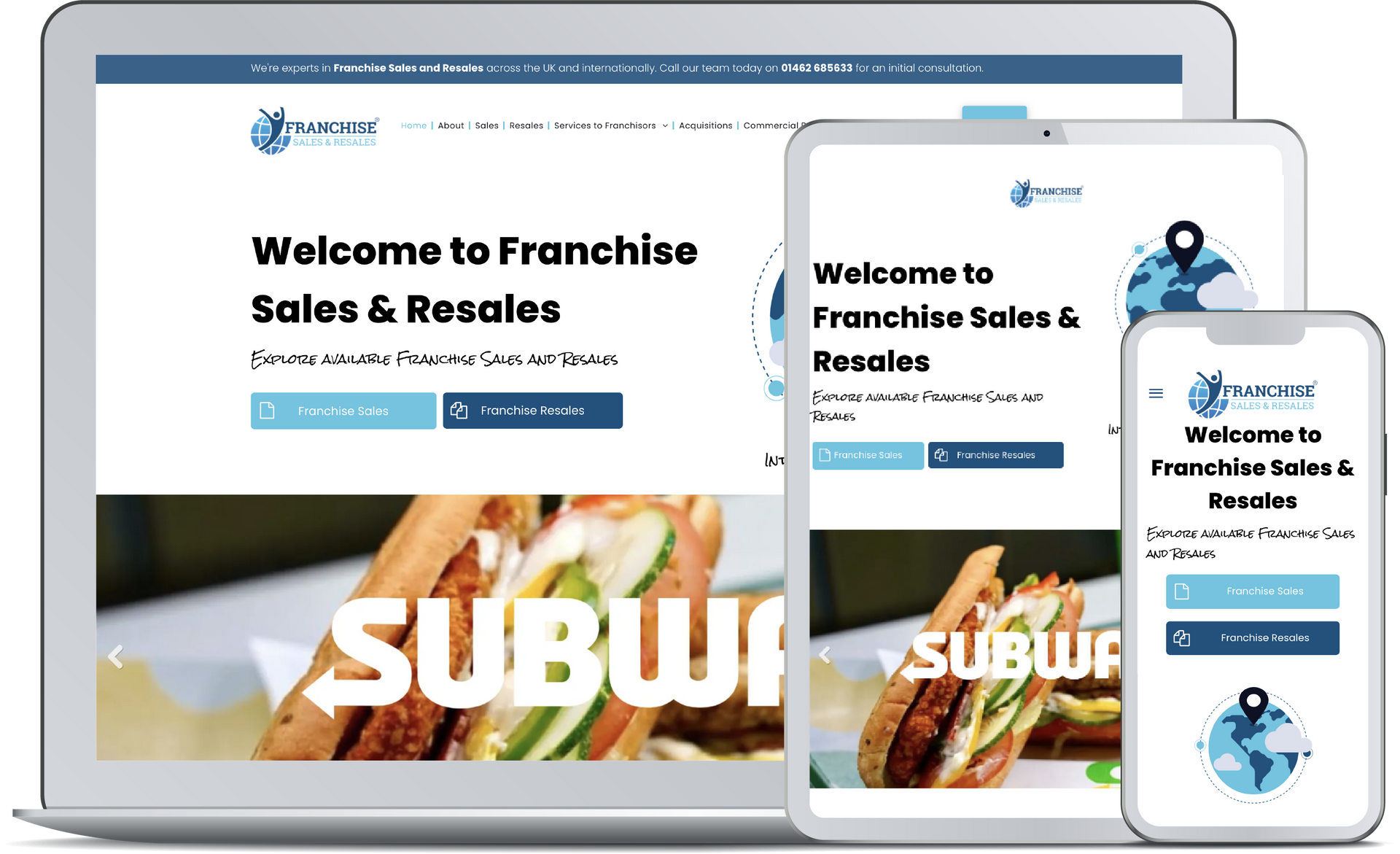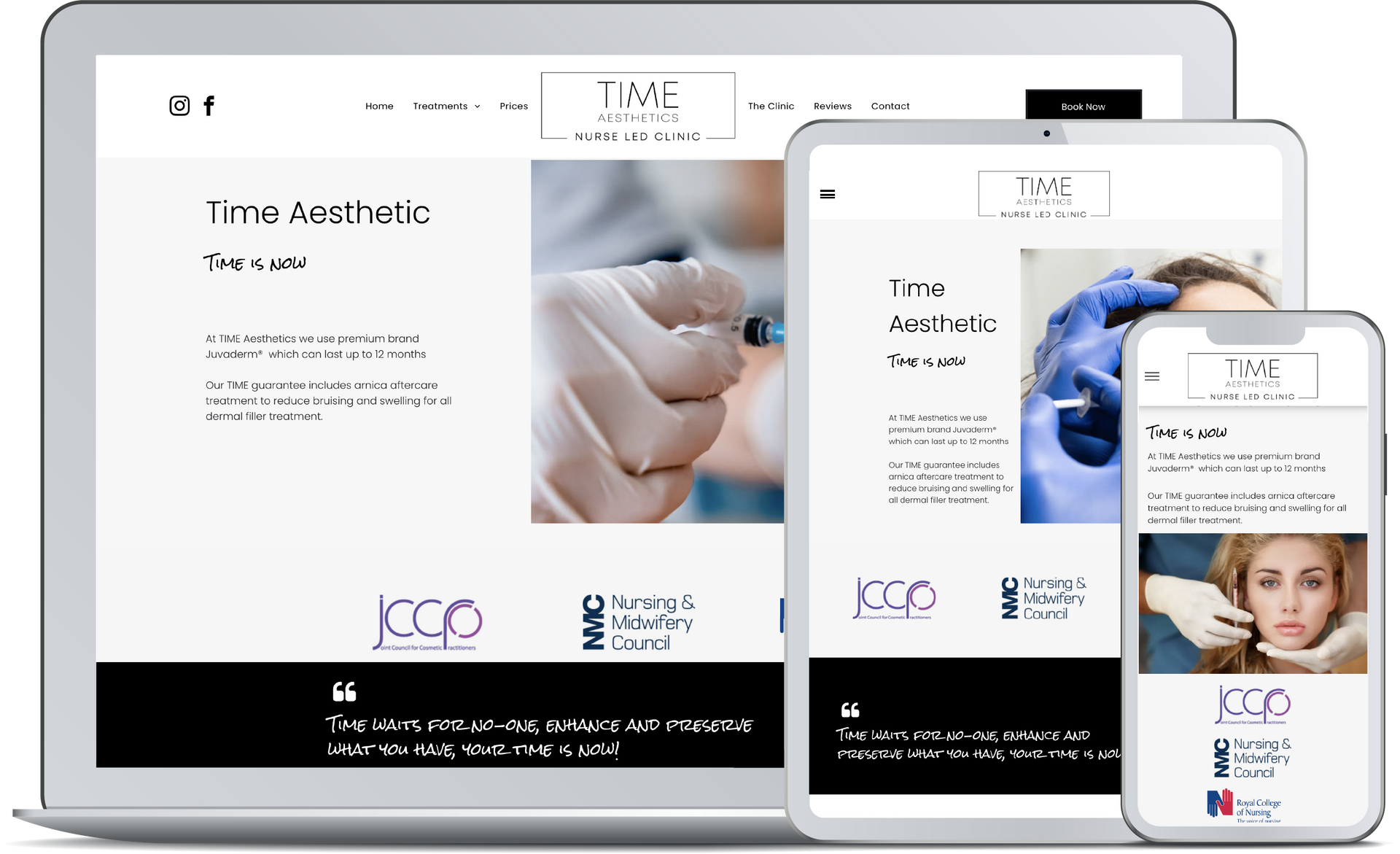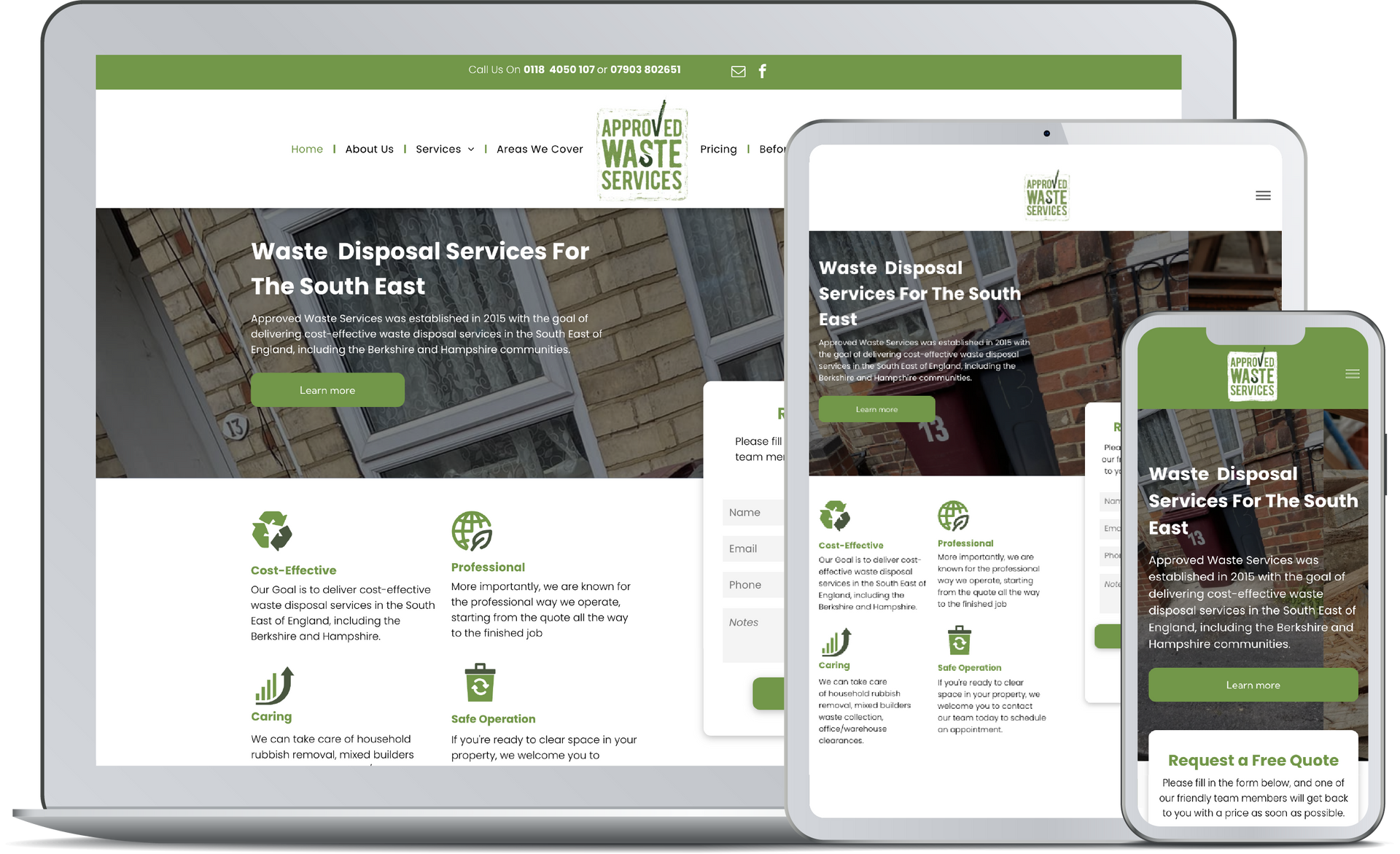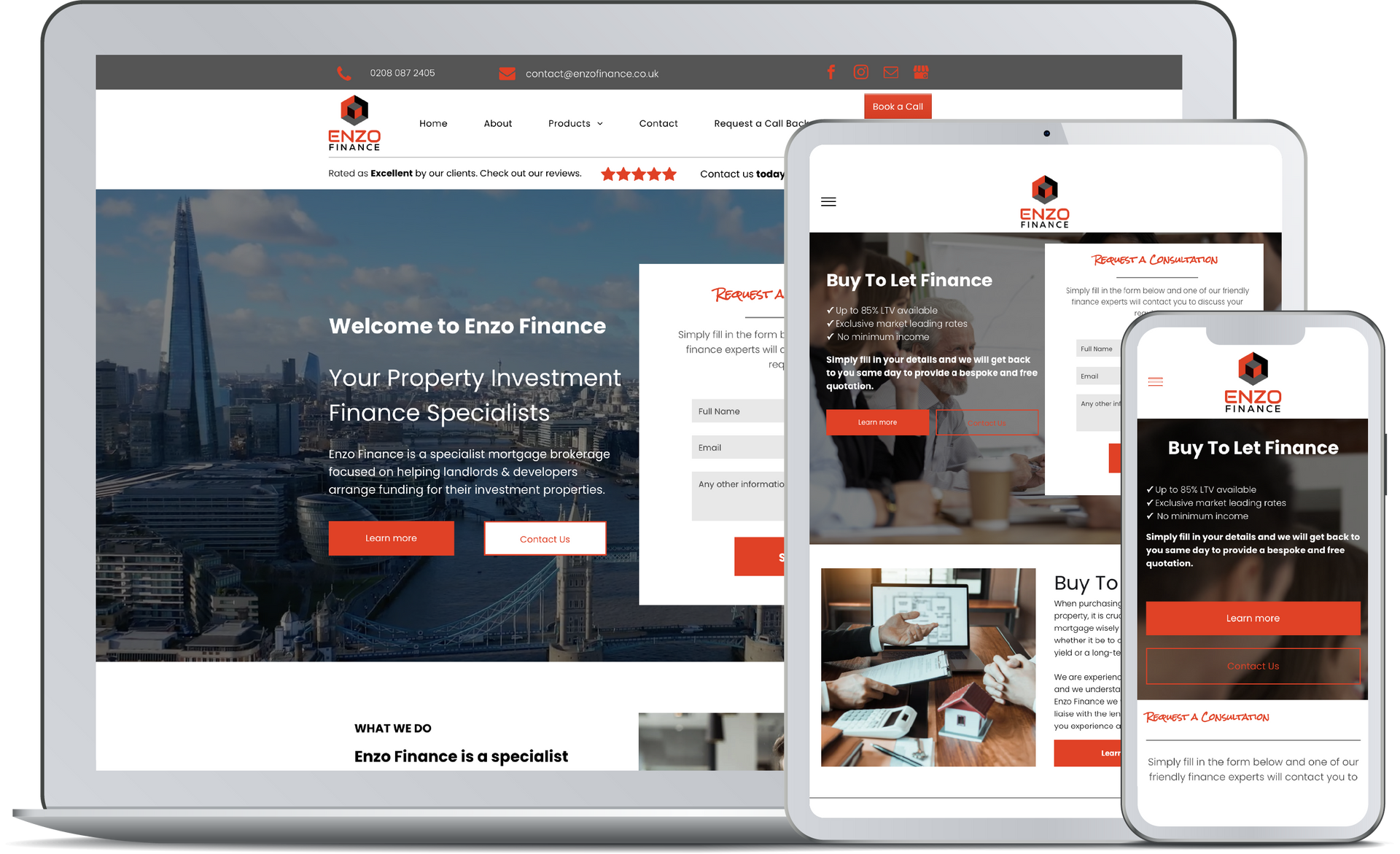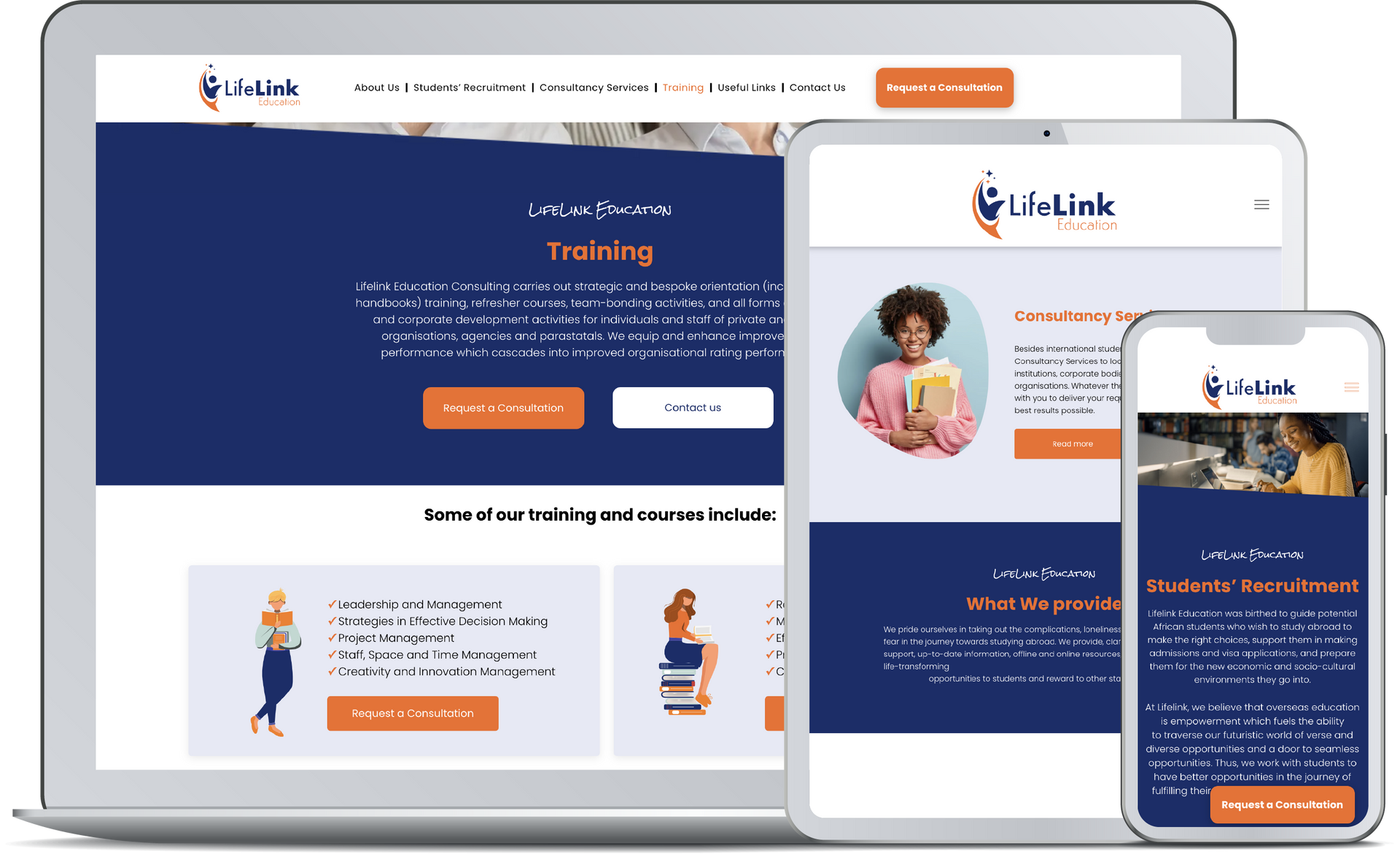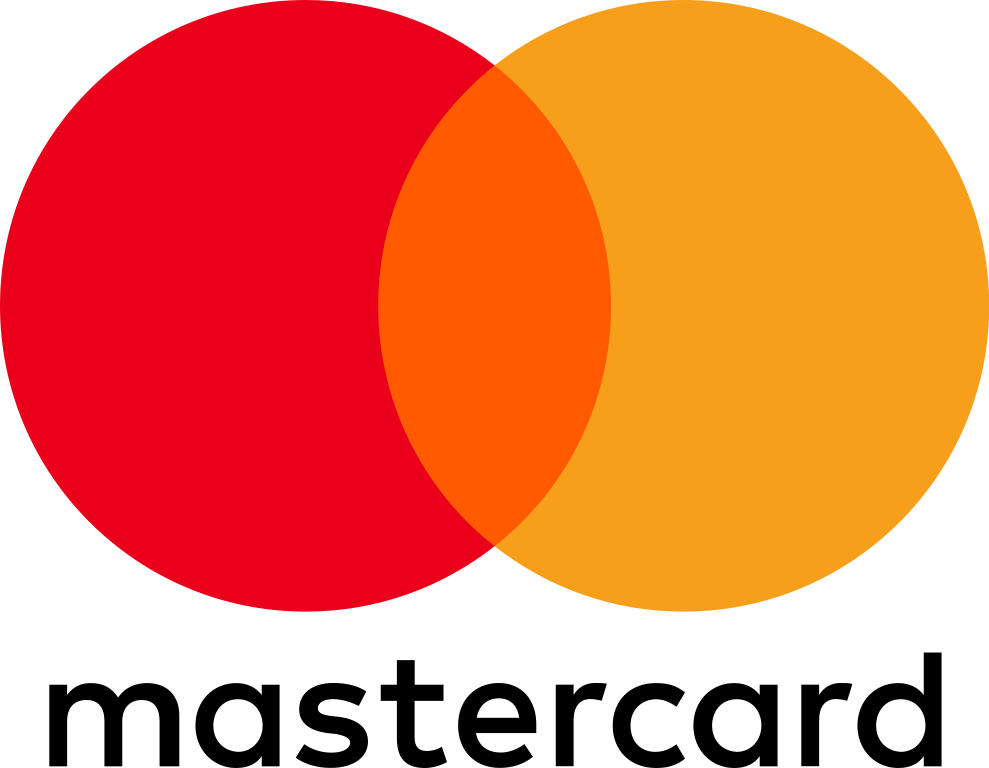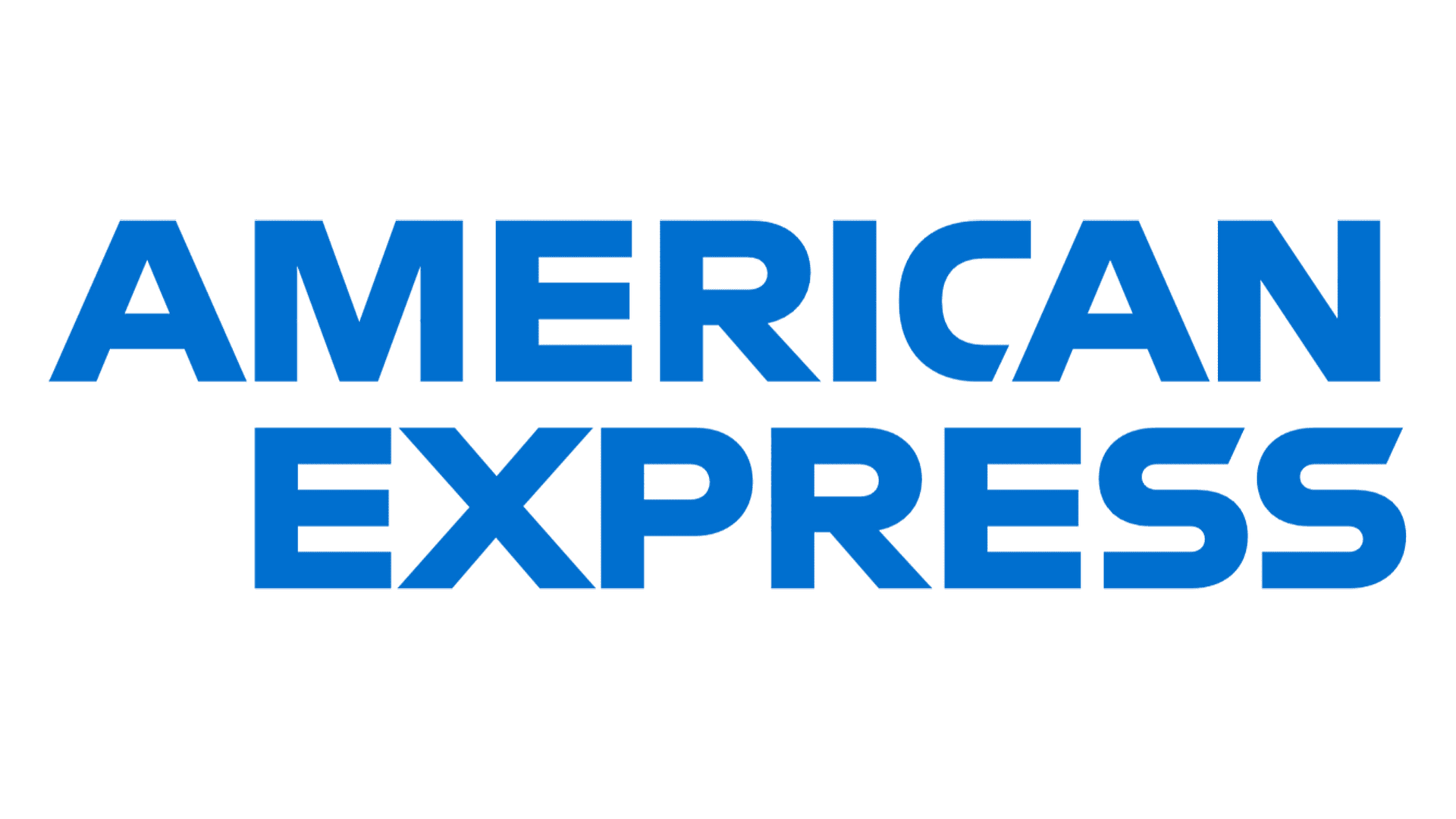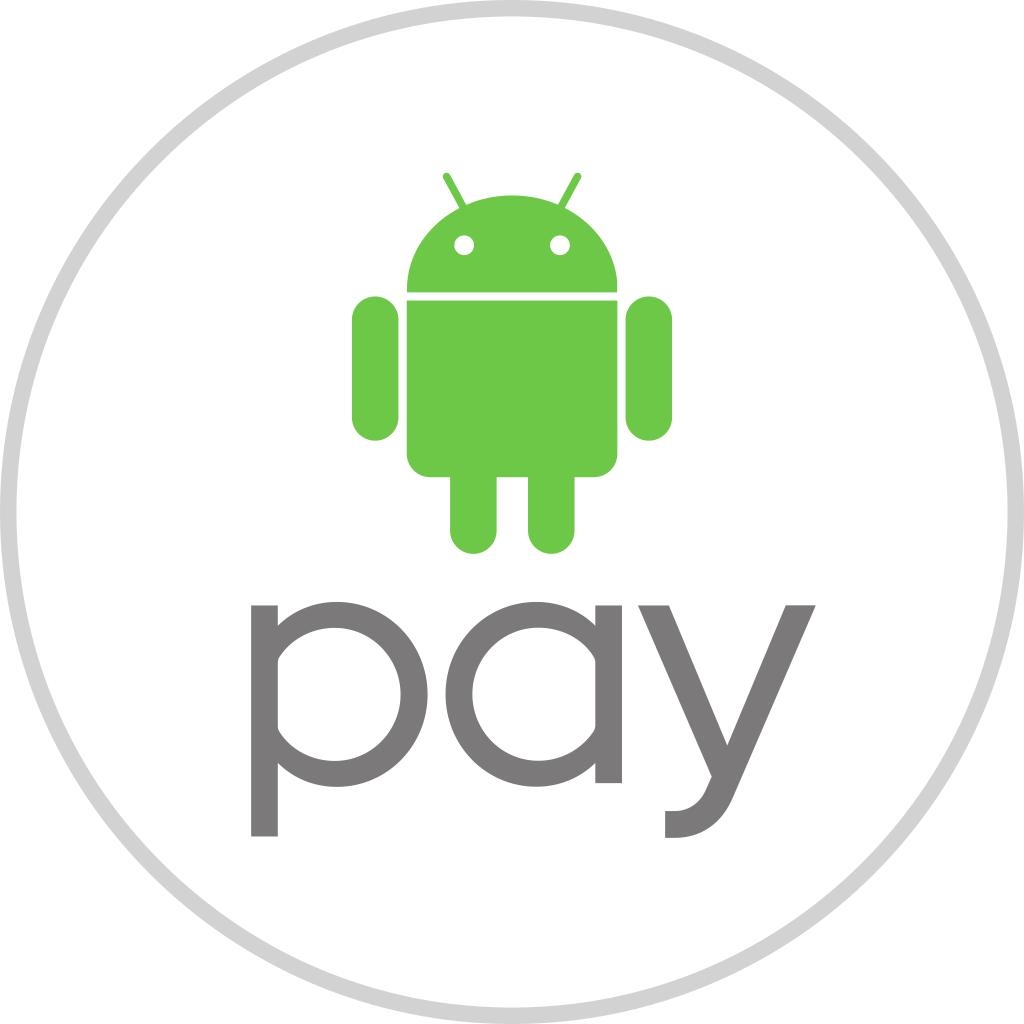What to Expect from a Website Design Agency Sale: Cash Sale, Earn Out, or Revenue Share?
When selling your website design agency, one of the most important decisions you’ll make is the structure of the sale agreement. The right deal structure can significantly impact your financial outcome and your post-sale involvement with the business. There are several types of sale agreements commonly used when selling a business, each offering unique advantages and trade-offs.
In this post, we’ll explain the three main types of sale agreements—cash sales,
earn outs, and
revenue share deals—and how each one affects the agency owner after the sale. We’ll also offer advice on which type of agreement might be best for different scenarios.
1. Cash Sale: The Clean Exit
A cash sale is the most straightforward type of sale agreement. In a cash sale, you transfer ownership of your business in exchange for a lump sum payment. The buyer acquires your agency and assumes full control, while you walk away with the agreed-upon payment.
Pros of a Cash Sale:
- Immediate Payment: The biggest advantage of a cash sale is that you receive your full payment upfront. This provides you with immediate financial security and the freedom to move on to new ventures or retirement.
- No Future Ties to the Business: Once the sale is completed, you have no ongoing involvement with the business. This is ideal if you’re looking for a clean break with no future obligations or responsibilities.
- Simplicity: Cash sales are relatively simple compared to more complex deal structures like earn outs or revenue shares. The terms are straightforward, and the transaction is typically completed quickly.
Cons of a Cash Sale:
- Potentially Lower Sale Price: Buyers may be less willing to pay a premium for a cash sale because they’re taking on the full risk of the business’s future performance. As a result, you might receive a lower overall sale price compared to other deal structures.
- Buyer Financing Risk: In some cases, the buyer may need to secure financing to pay the full lump sum. If the buyer struggles to obtain financing, it could delay or even jeopardise the sale.
When is a Cash Sale Ideal?
A cash sale is ideal if you’re looking for a quick, clean exit from your business. It’s also a good option if you’re nearing retirement or want to shift focus to a new opportunity and prefer to have no ongoing involvement with your agency post-sale.
2. Earn Out: Tying Payment to Future Performance
In an earn out, part of the payment for your agency is deferred and contingent on the business’s future performance after the sale. Typically, the buyer will pay an initial sum upfront, with additional payments made over time based on specific performance targets, such as revenue or profit milestones.
Pros of an Earn Out:
- Potential for a Higher Sale Price: An earn out can result in a higher total sale price if your business performs well post-sale. Buyers may be willing to offer more since they’re not shouldering the full risk upfront.
- Incentive for Strong Performance: Earn outs align the interests of both the buyer and seller, as both parties benefit from the continued success of the business. If you stay involved during the earn out period, you have a vested interest in ensuring the agency’s growth.
- Smoother Transition: With an earn out, the seller often stays on in some capacity to help with the transition. This ensures continuity for clients and employees and allows the buyer to benefit from the seller’s knowledge and experience.
Cons of an Earn Out:
- Uncertainty of Future Payments: One of the major downsides of an earn out is that the deferred payments are not guaranteed. If the business underperforms or fails to meet the agreed-upon targets, you may receive less than expected.
- Ongoing Involvement: Earn outs typically require the seller to remain involved in the business for a period of time, which may not be appealing if you’re looking for a full exit. You’ll need to continue working to ensure the business hits its performance goals.
- Disagreements on Metrics: The success of an earn out depends on the performance metrics that are set in the sale agreement. Disagreements over how those metrics are measured can lead to disputes between the buyer and seller.
When is an Earn Out Ideal?
An earn out is ideal if you believe your agency has strong growth potential and are confident in its future performance. It’s also a good option if you’re open to remaining involved in the business for a period of time after the sale. Earn outs are commonly used when the buyer wants to mitigate risk, or when the seller wants to maximise the potential sale price.
3. Revenue Share: A Long-Term Income Stream
A revenue share agreement is another common deal structure for agency sales. In a revenue share, the buyer agrees to pay the seller a percentage of the agency’s future revenues for a specified period of time. Unlike an earn out, a revenue share deal is typically not tied to specific performance milestones, but rather to the agency’s overall revenue generation.
Pros of a Revenue Share:
- Ongoing Income: Revenue share deals provide the seller with an ongoing income stream after the sale, which can be beneficial if you’re looking for long-term financial security rather than a lump sum payment.
- Less Involvement Than Earn Outs: Revenue share agreements don’t typically require the seller to remain involved in the business. The buyer takes over operations, while the seller continues to earn based on the agency’s performance.
- Flexibility: Revenue share deals can be structured in a variety of ways, giving both the buyer and seller flexibility in determining the percentage and duration of the payments.
Cons of a Revenue Share:
- Risk of Revenue Decline: The main risk with a revenue share agreement is that future revenues may decline. If the buyer struggles to maintain the agency’s client base or revenue stream, the seller’s payments will decrease accordingly.
- Delayed Payments: Unlike a cash sale, where you receive your payment upfront, revenue share deals spread payments over a longer period of time. If you’re looking for immediate financial liquidity, this might not be the best option.
When is a Revenue Share Ideal?
A revenue share deal is ideal for sellers who want to maintain a long-term income stream without the pressure of performance-based targets. It’s also a good fit if you trust the buyer to maintain the agency’s success but don’t want to remain involved in the day-to-day operations.
Choosing the Right Sale Agreement for Your Situation
The best sale agreement for your website design agency depends on your personal and financial goals. If you’re looking for a quick exit and immediate payment, a
cash sale may be the best option. If you want to maximise the potential value of your agency and are willing to remain involved post-sale, an
earn out offers the potential for a higher return. For those who prefer a more passive, long-term income stream, a
revenue share agreement can provide financial security over time.
Regardless of the deal structure, it’s important to work with experienced advisors to ensure the terms of the sale align with your objectives.
Ready to explore your options for selling your website design agency?
Click below to contact us and learn how Marcell Media can help you structure the perfect deal for your business.
